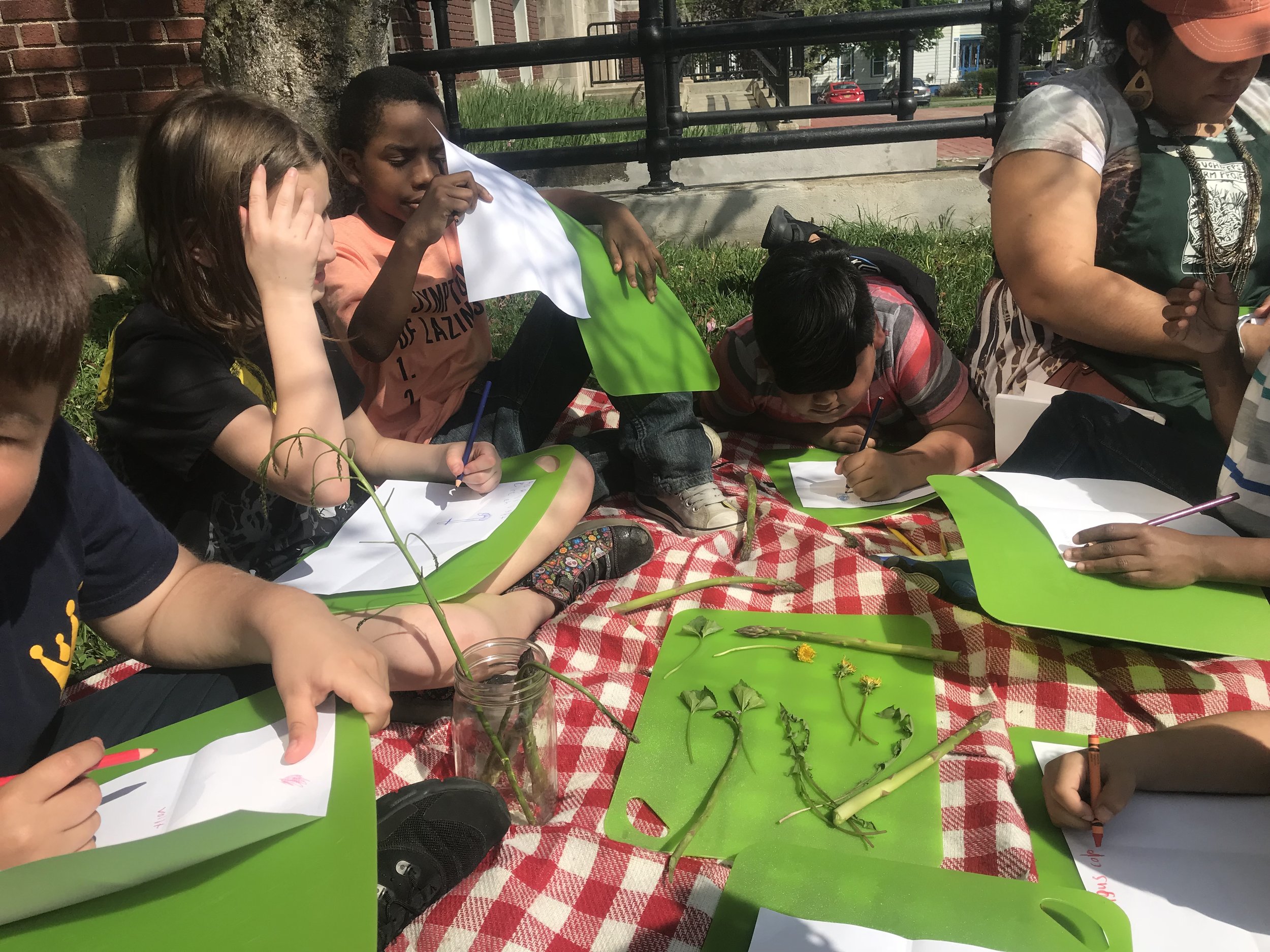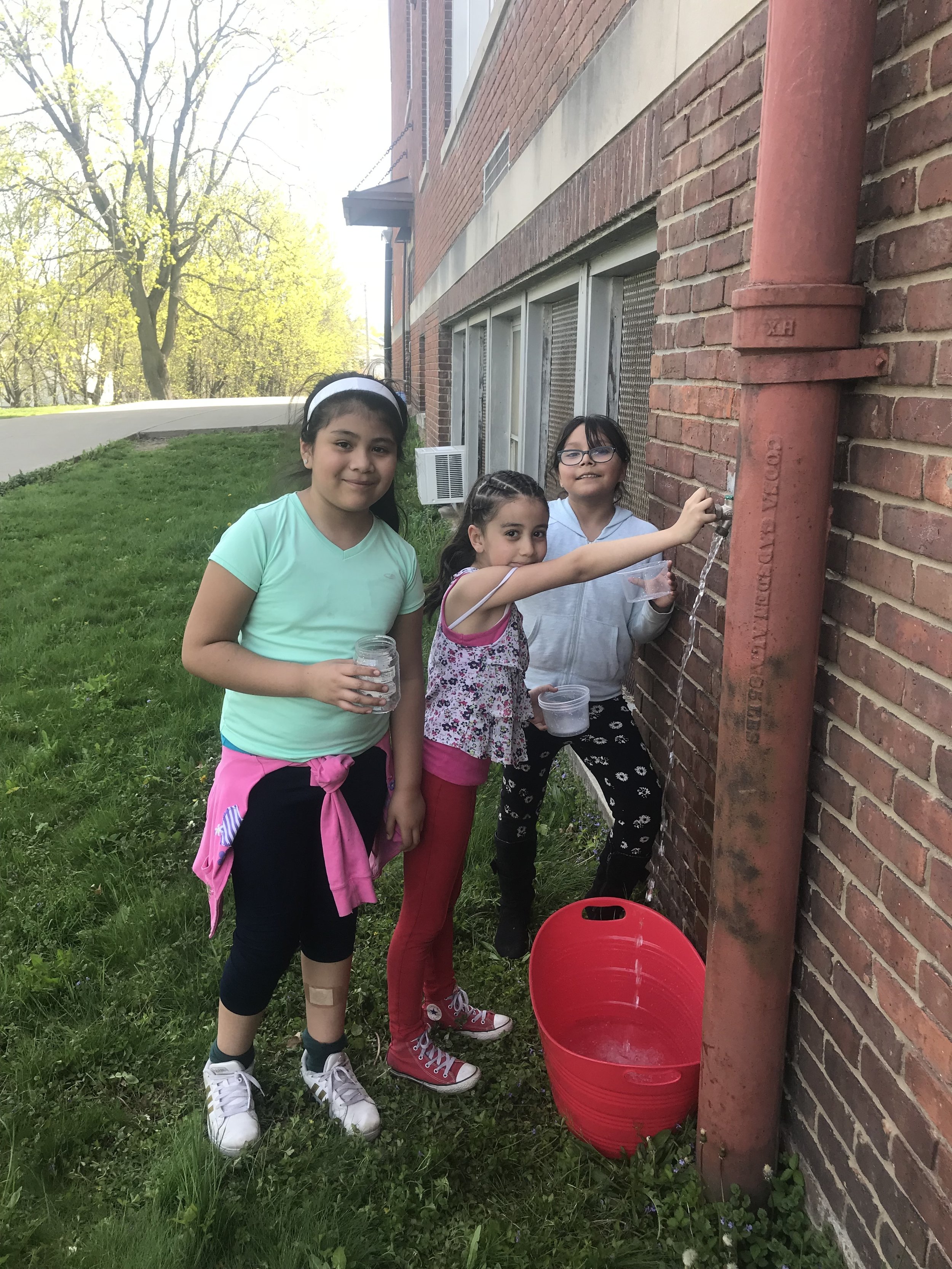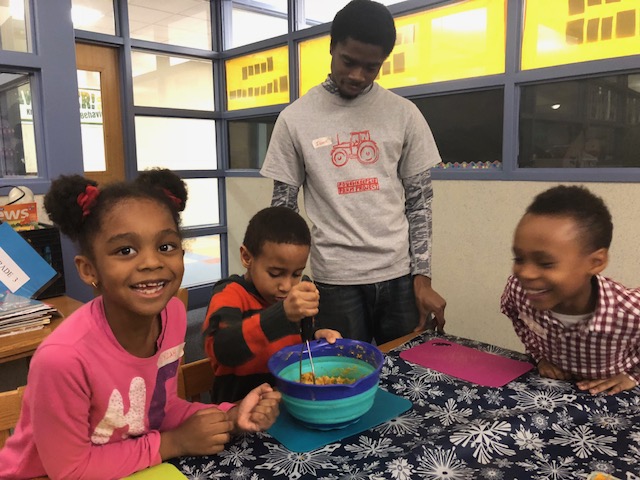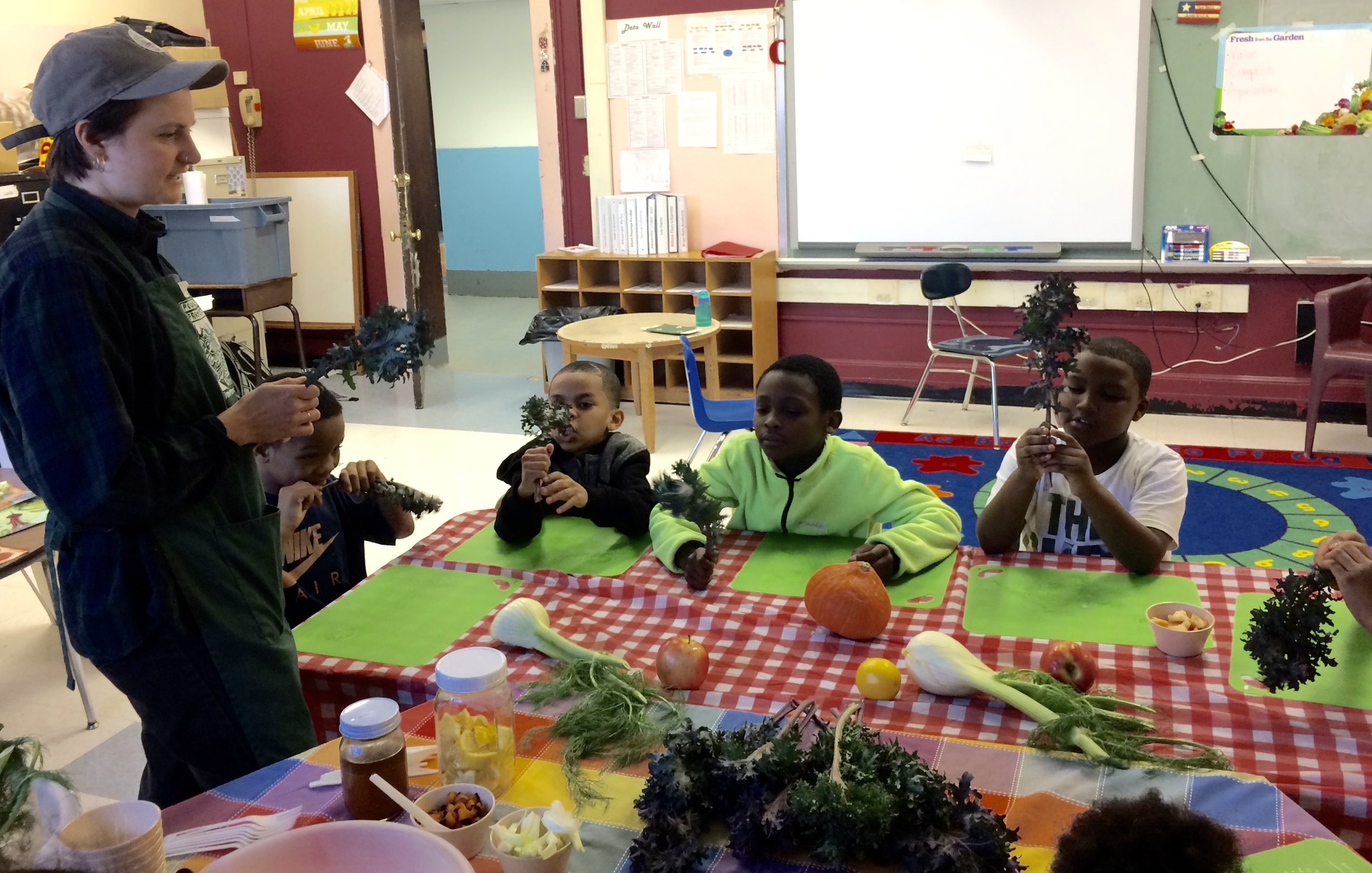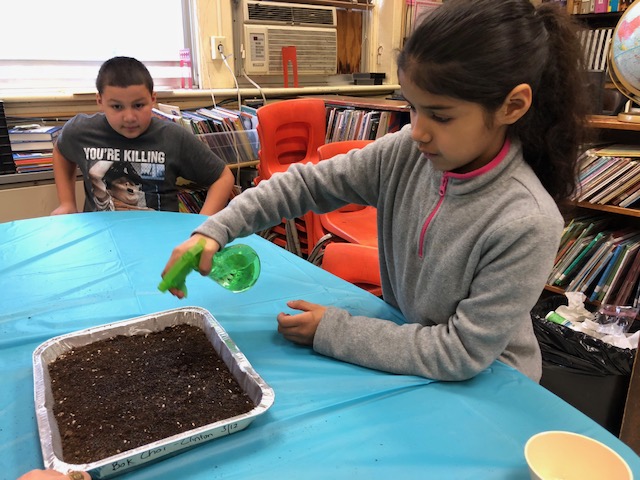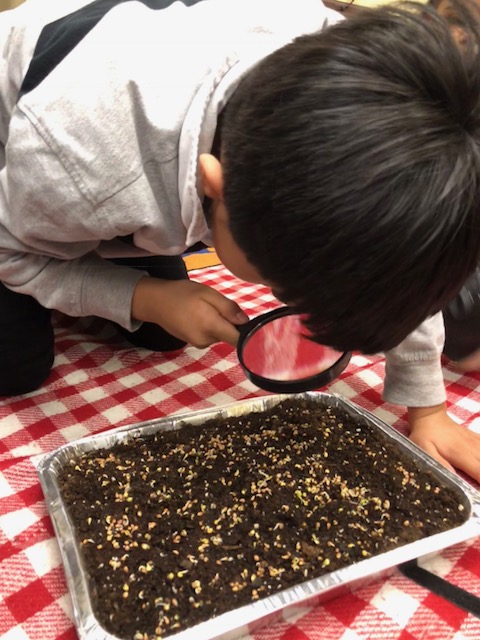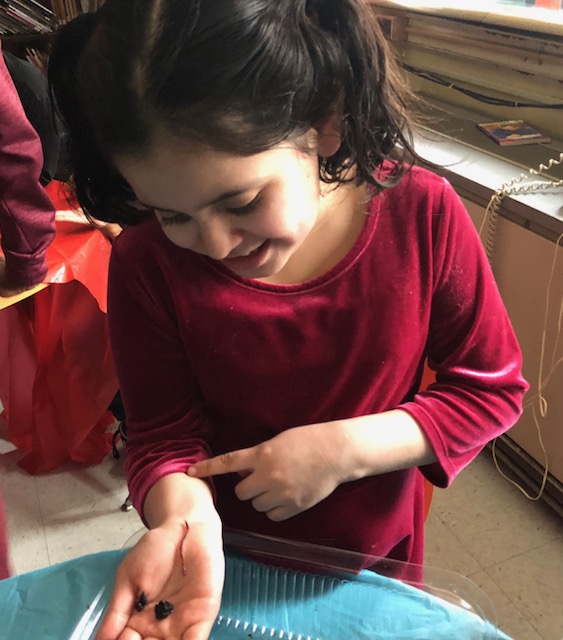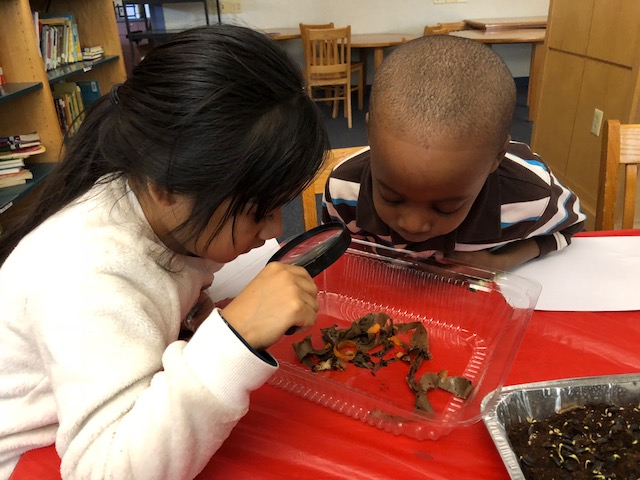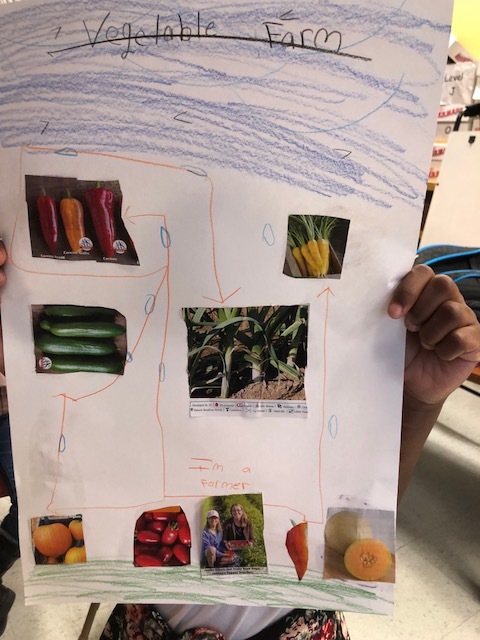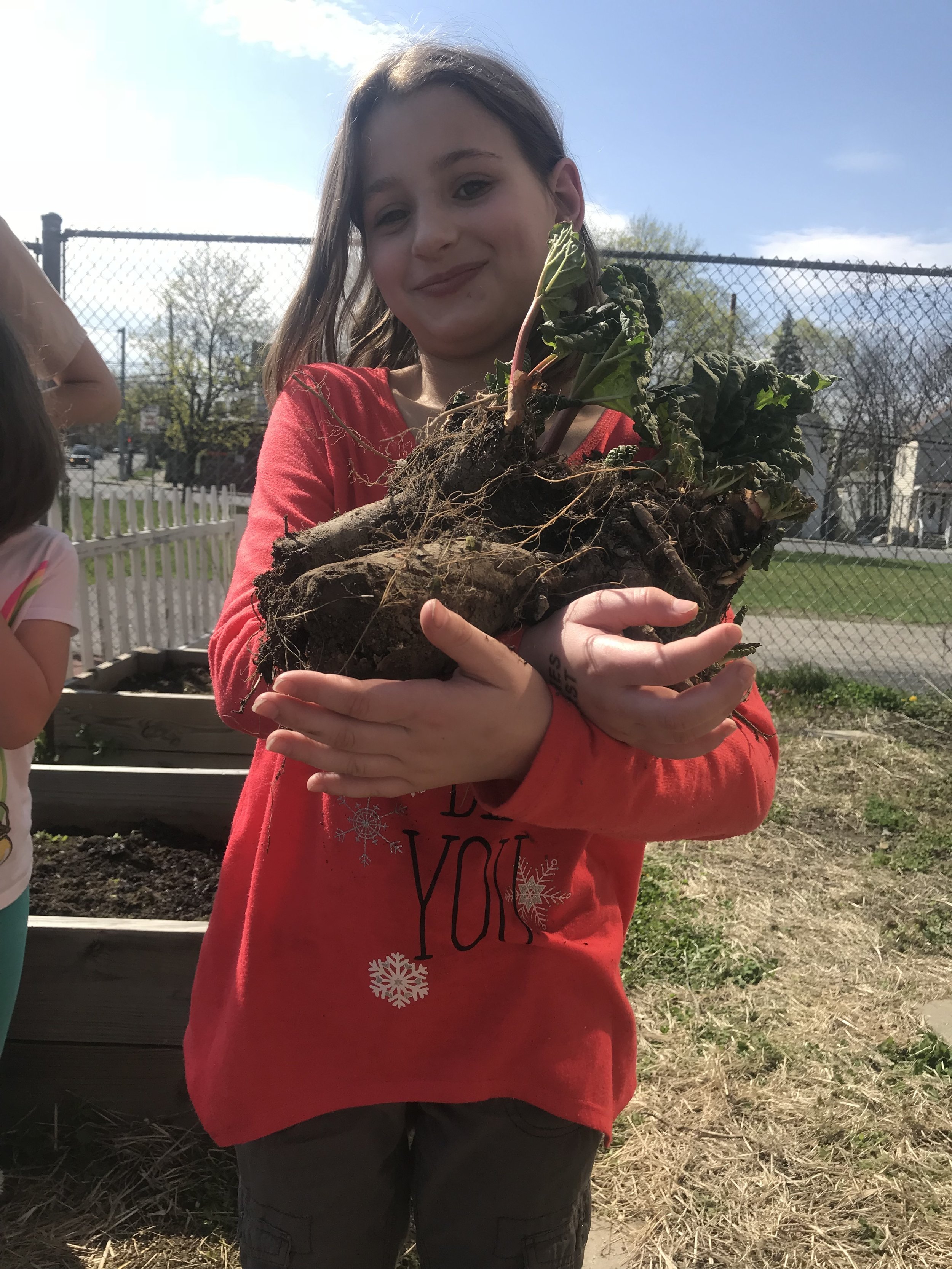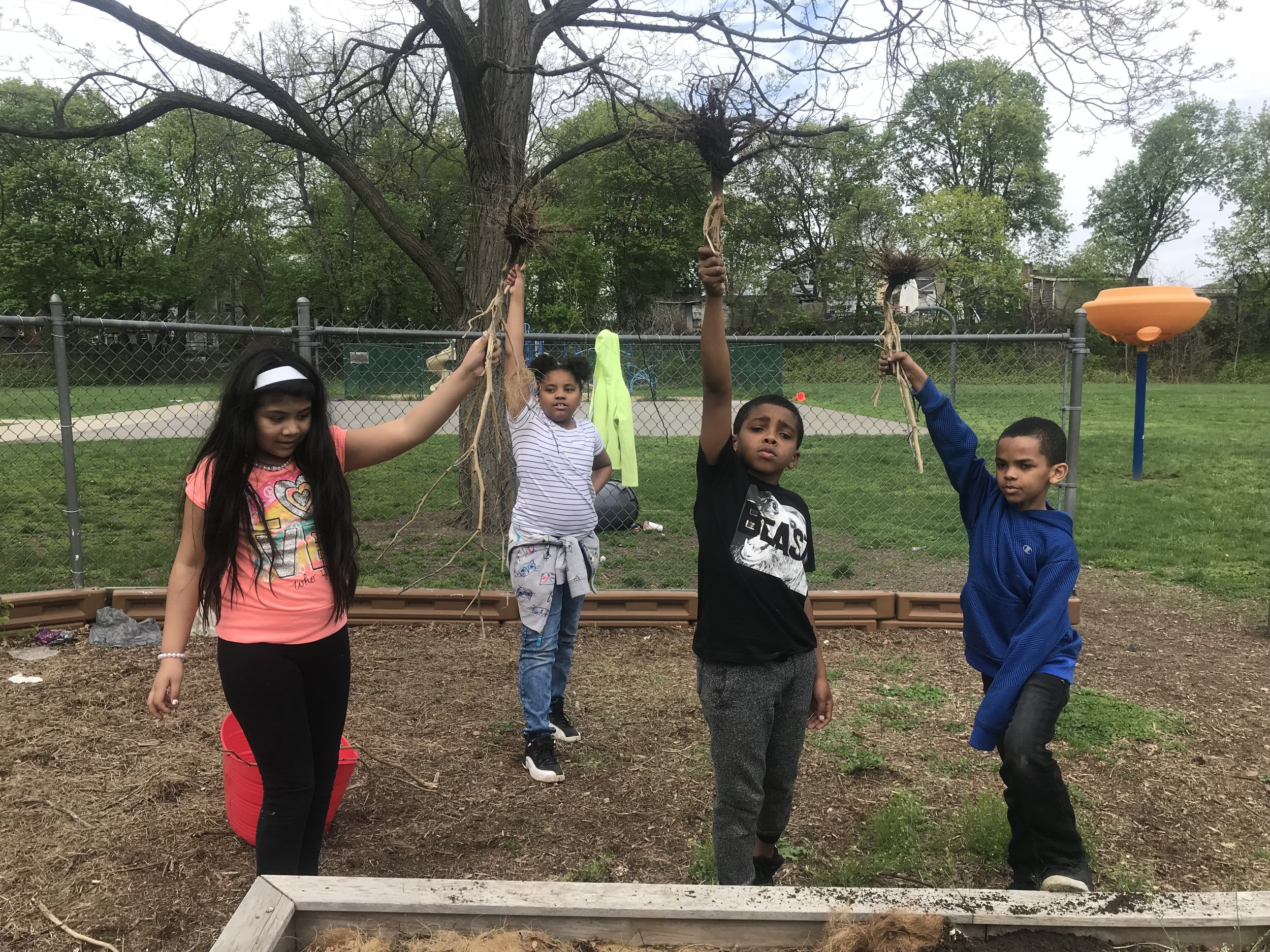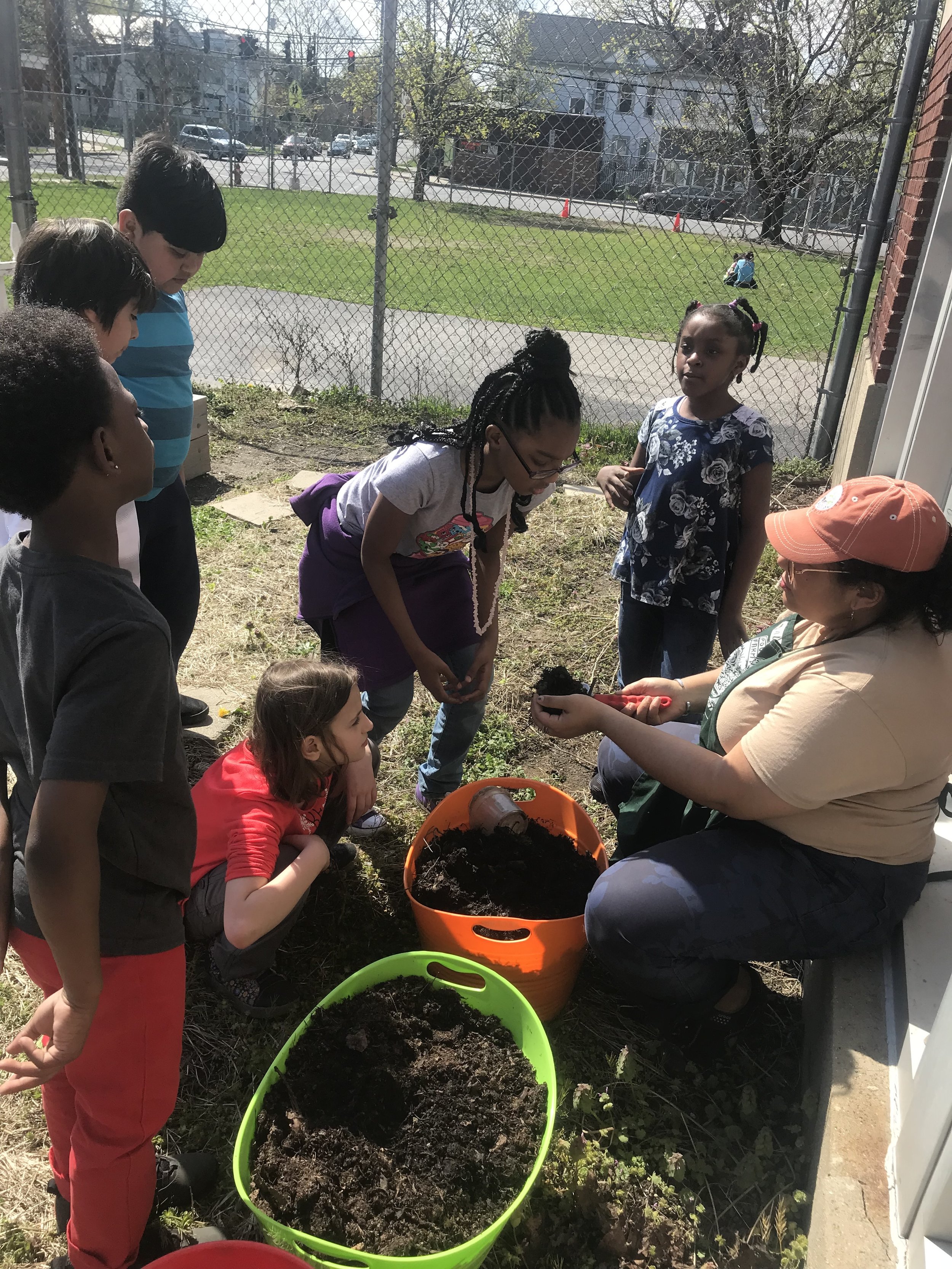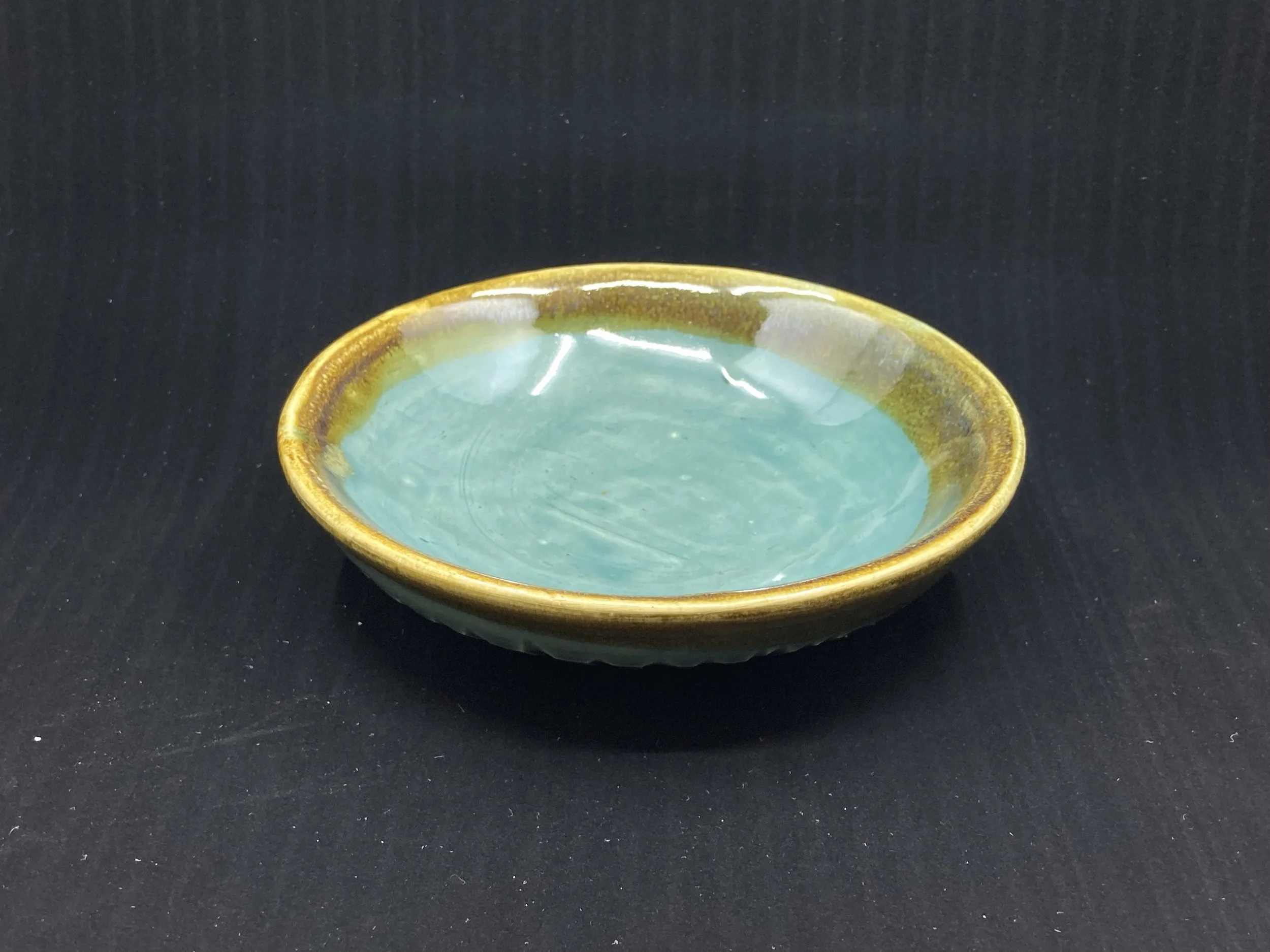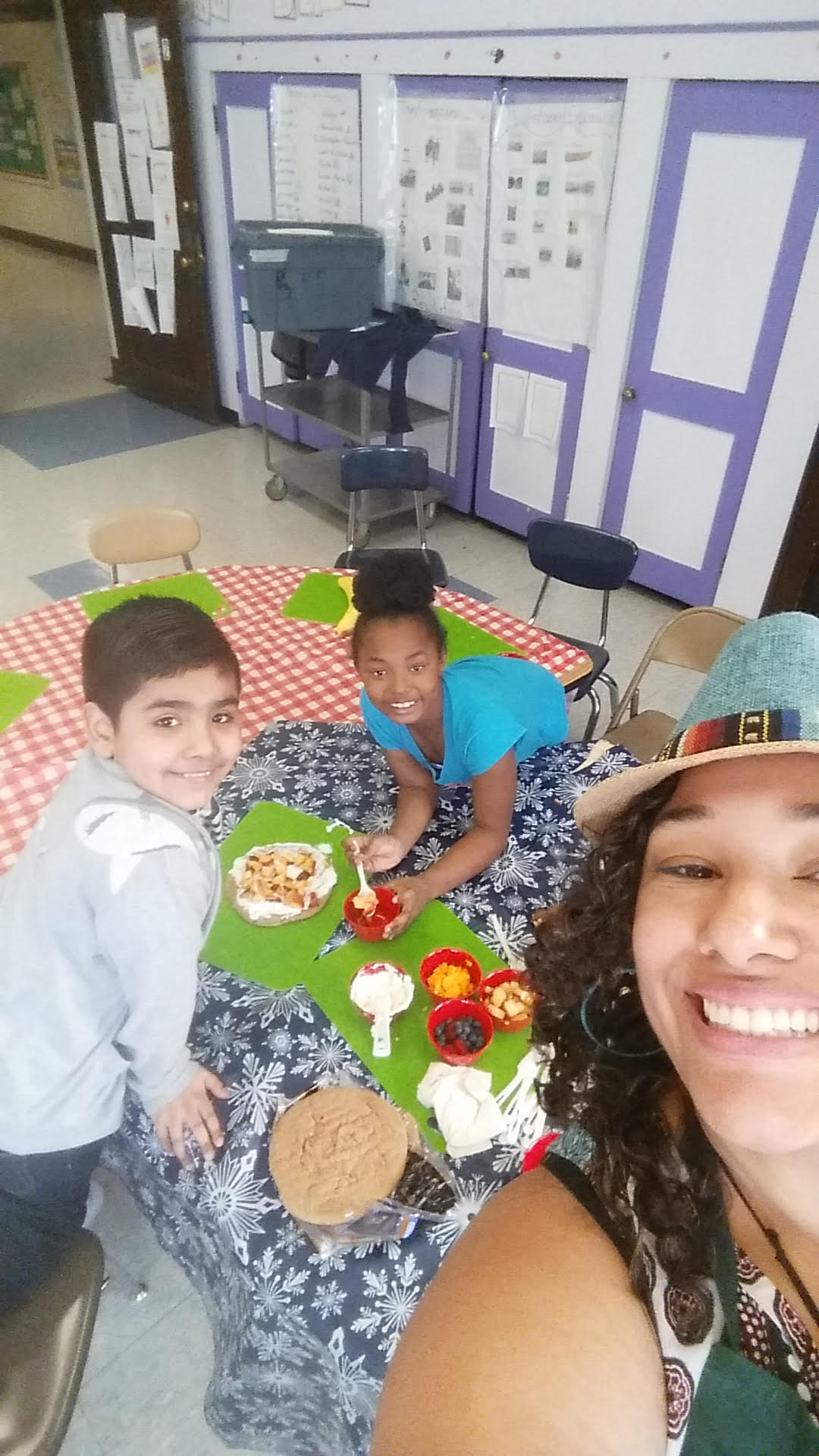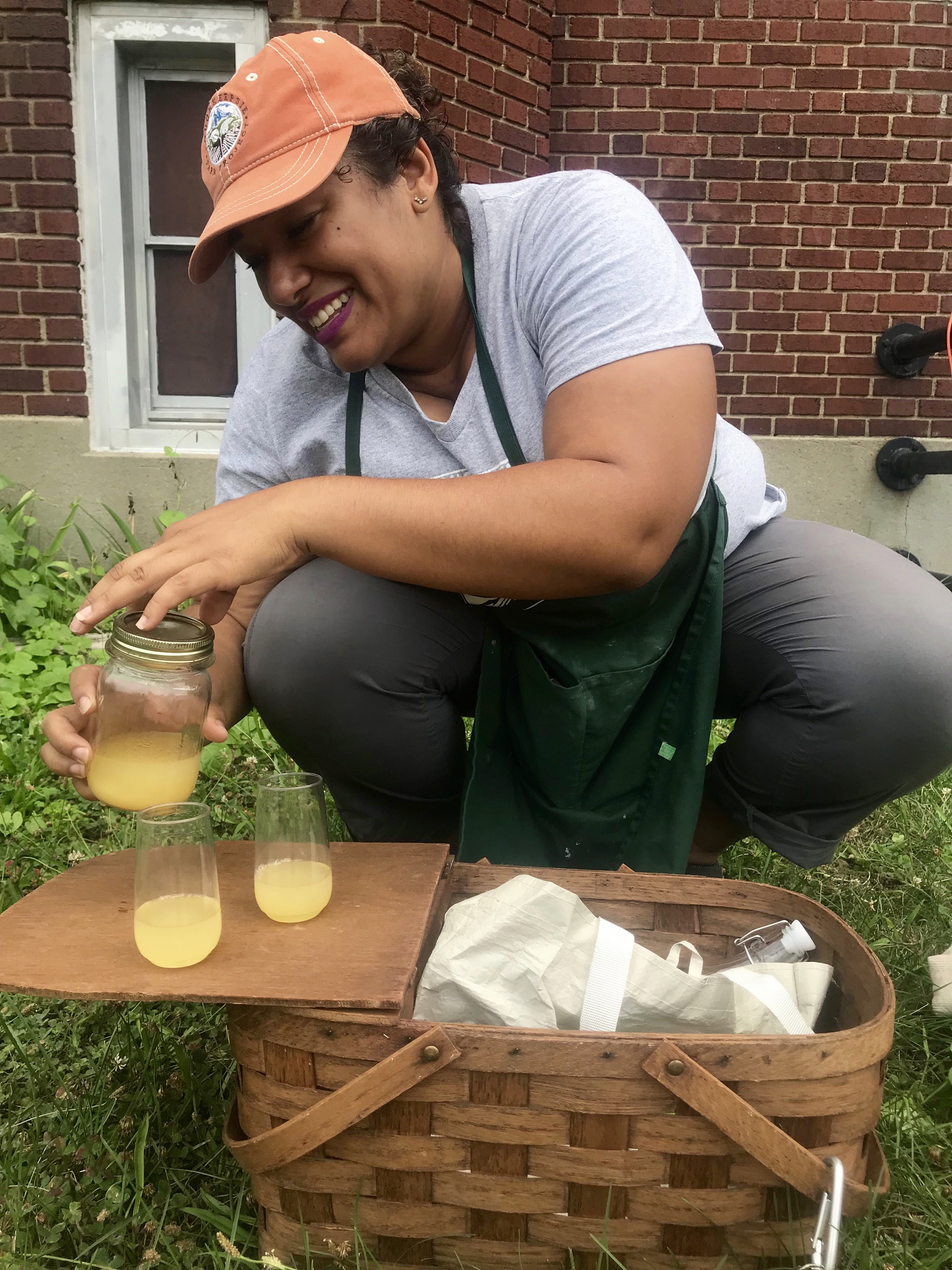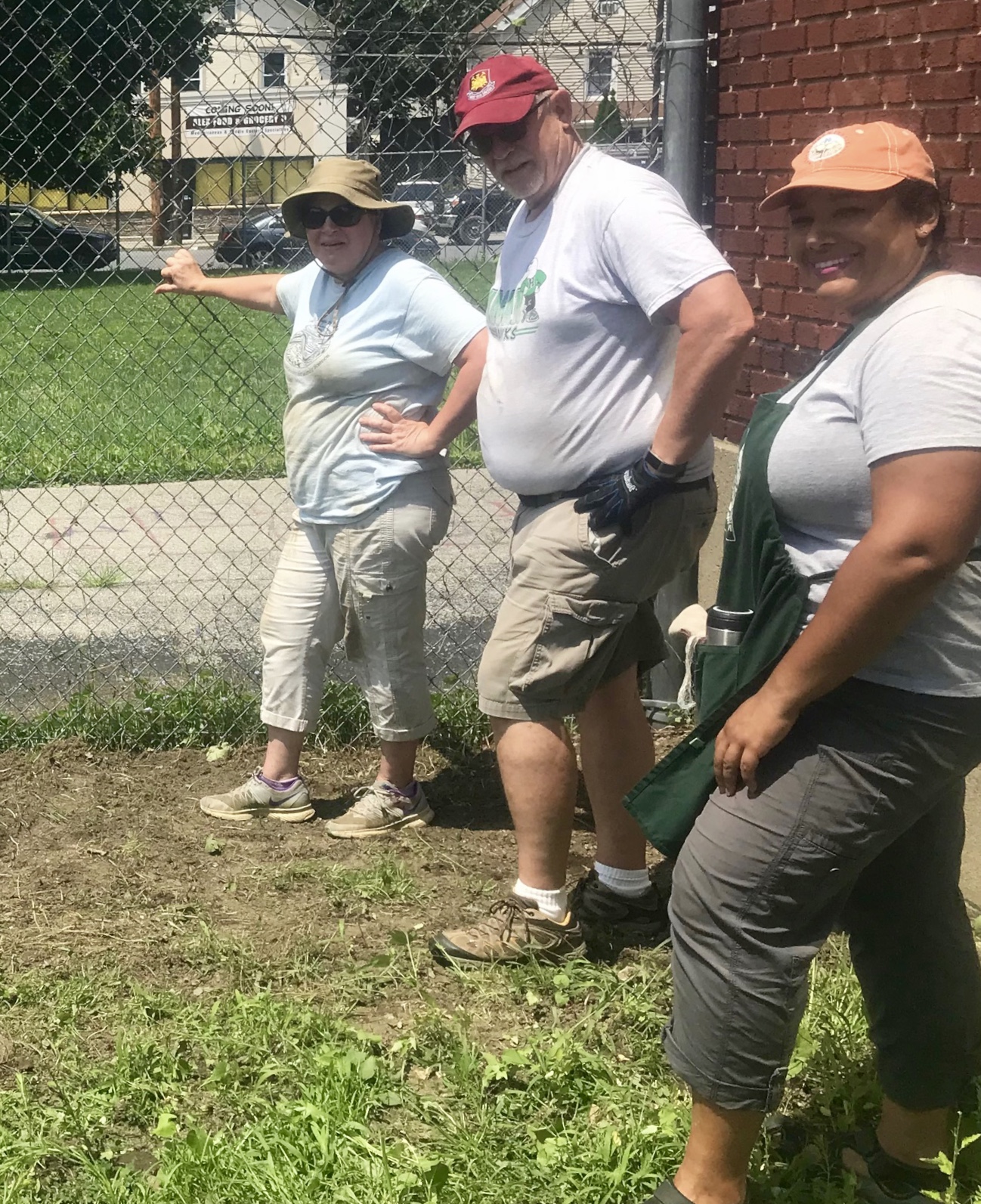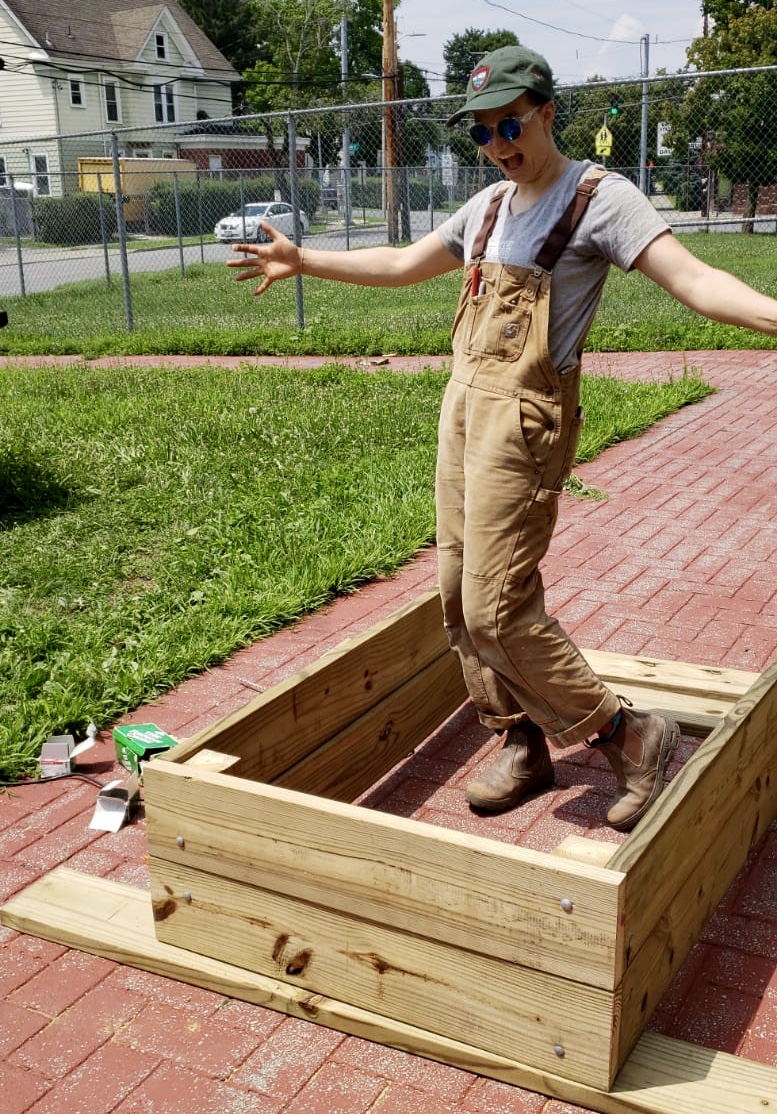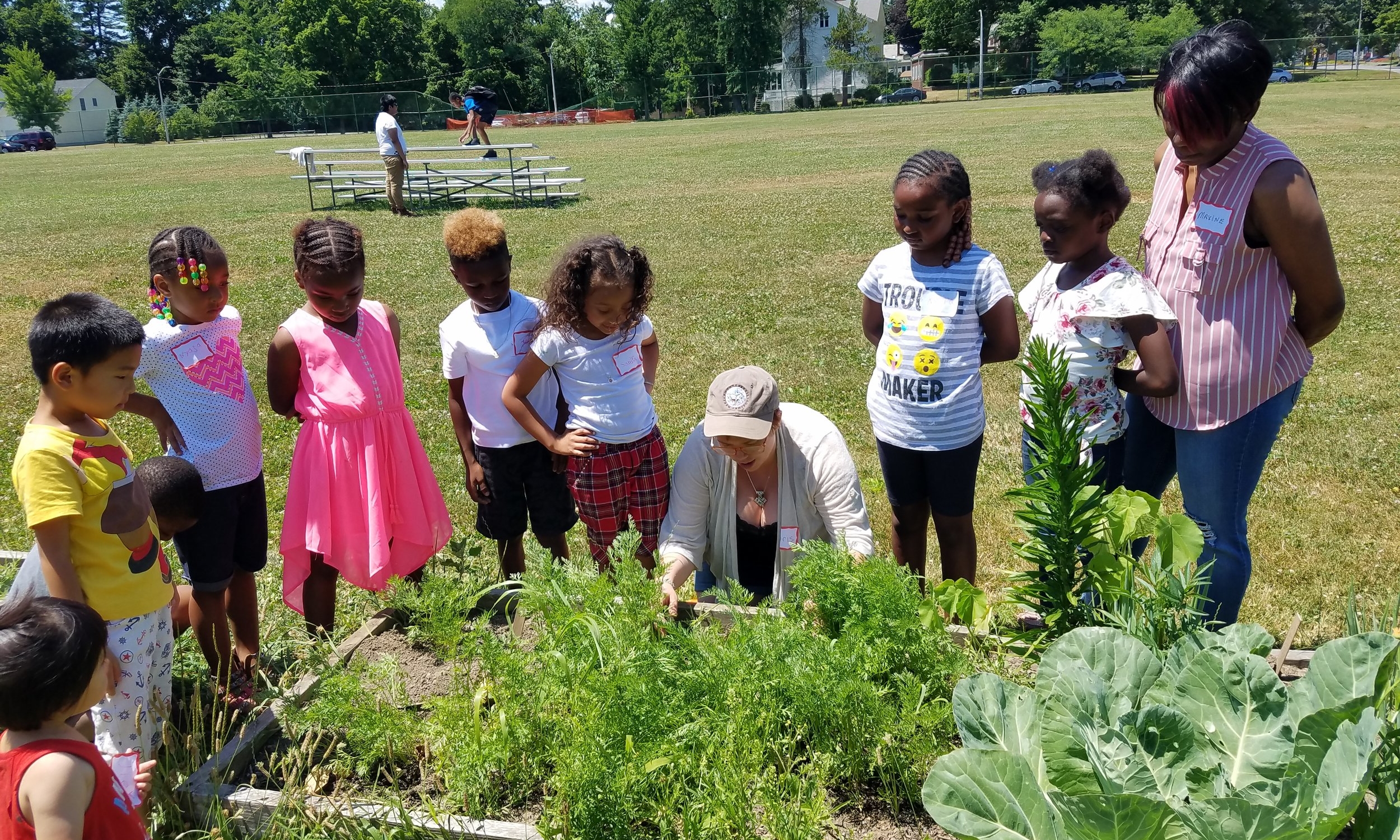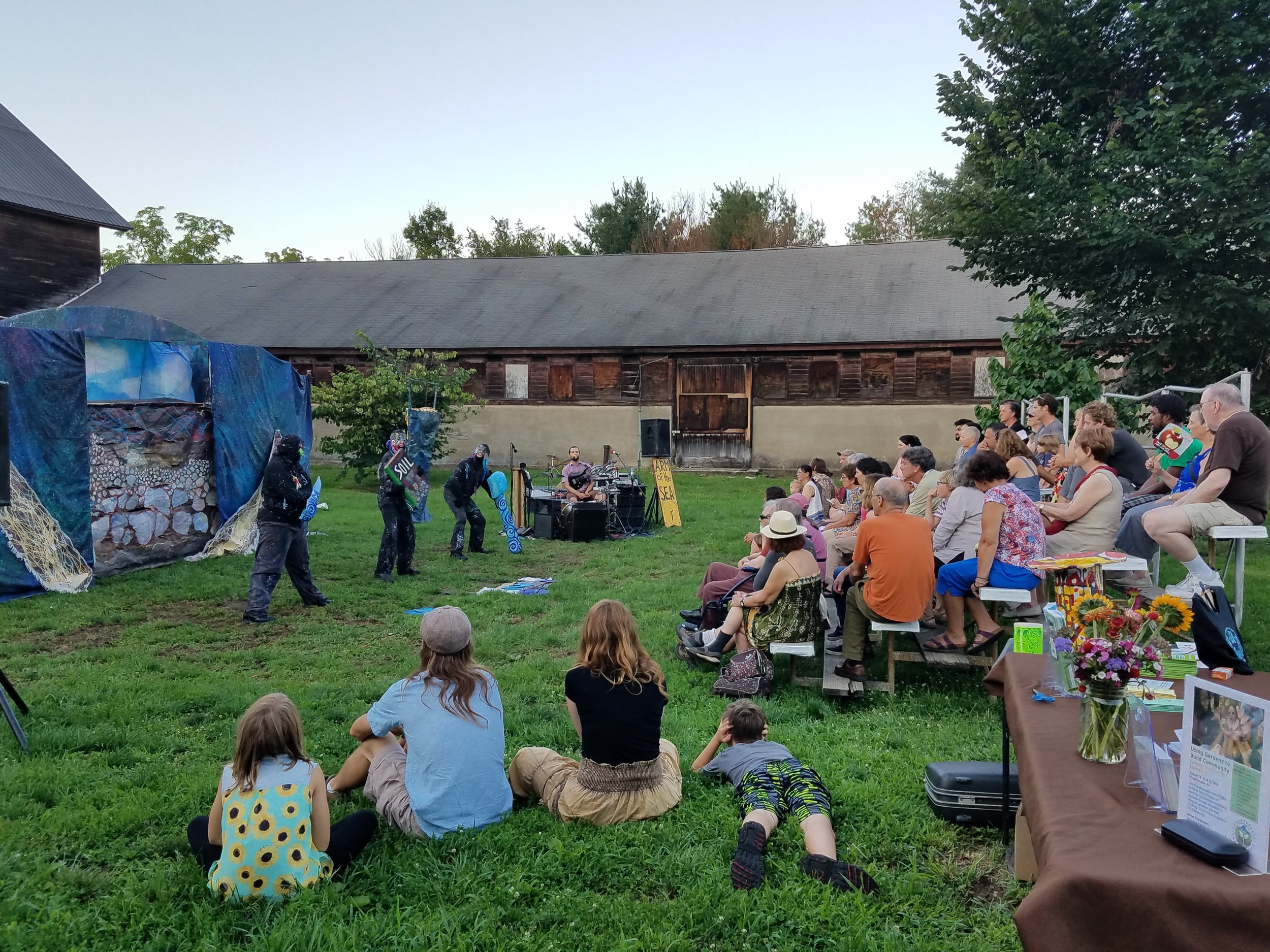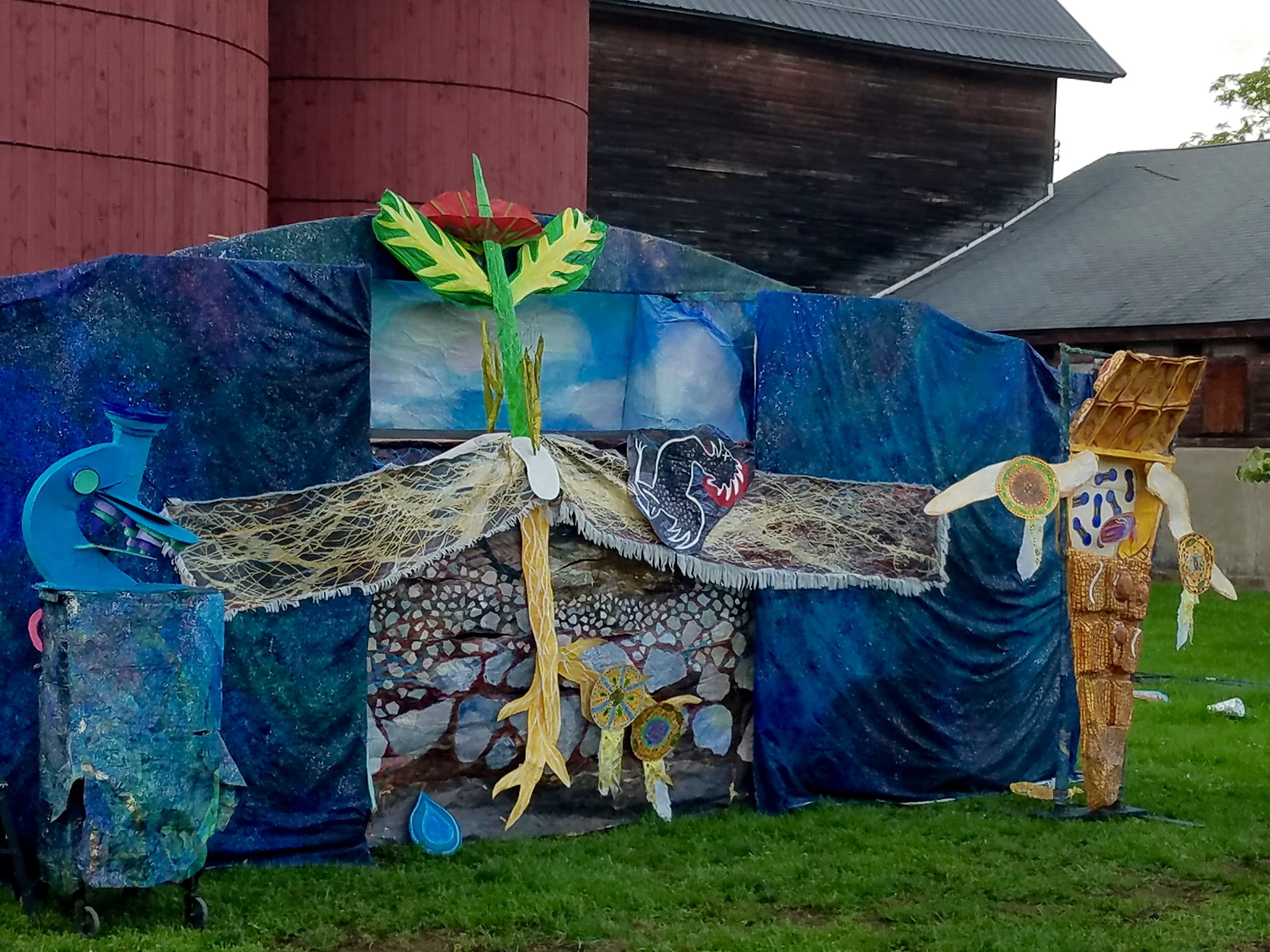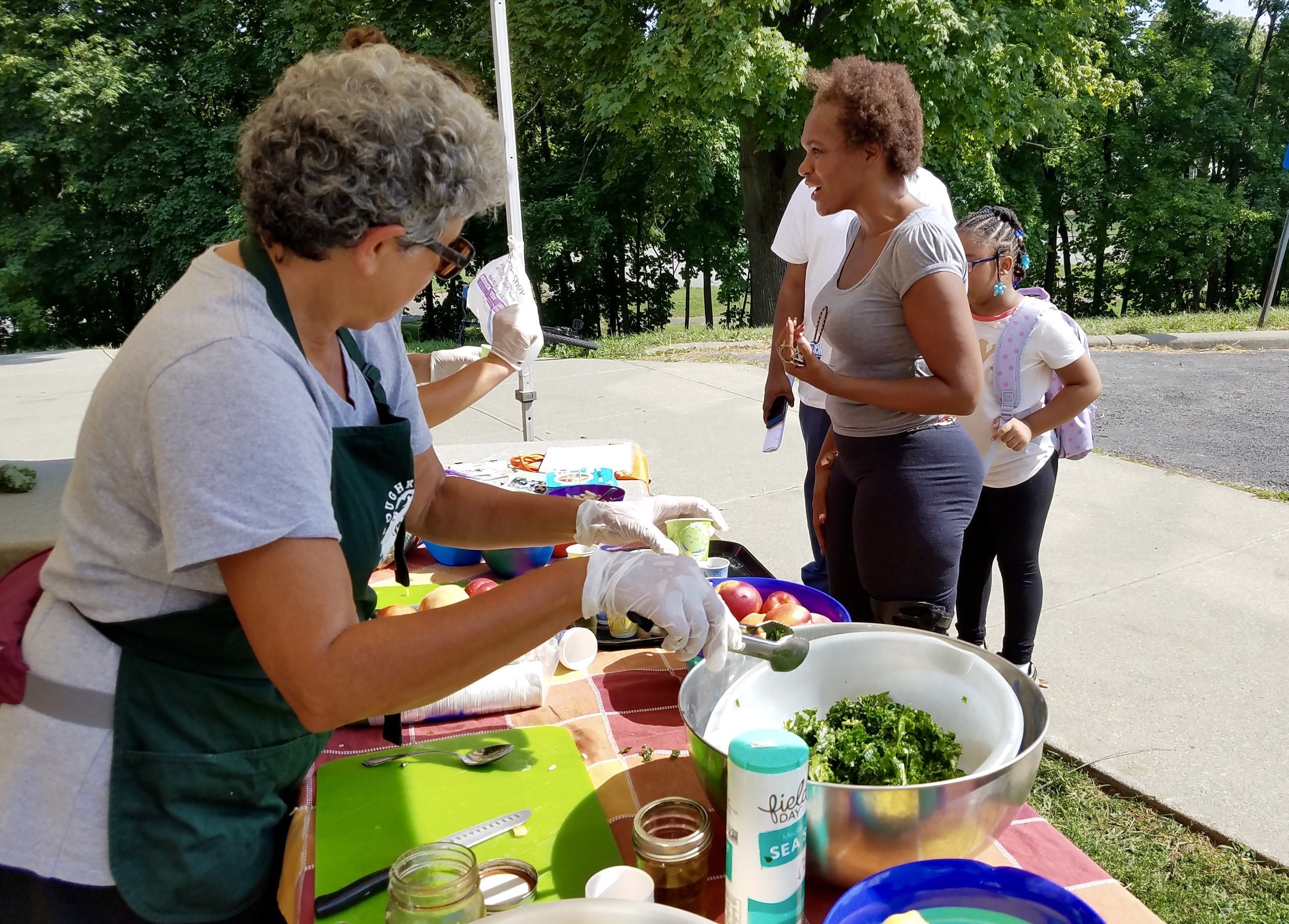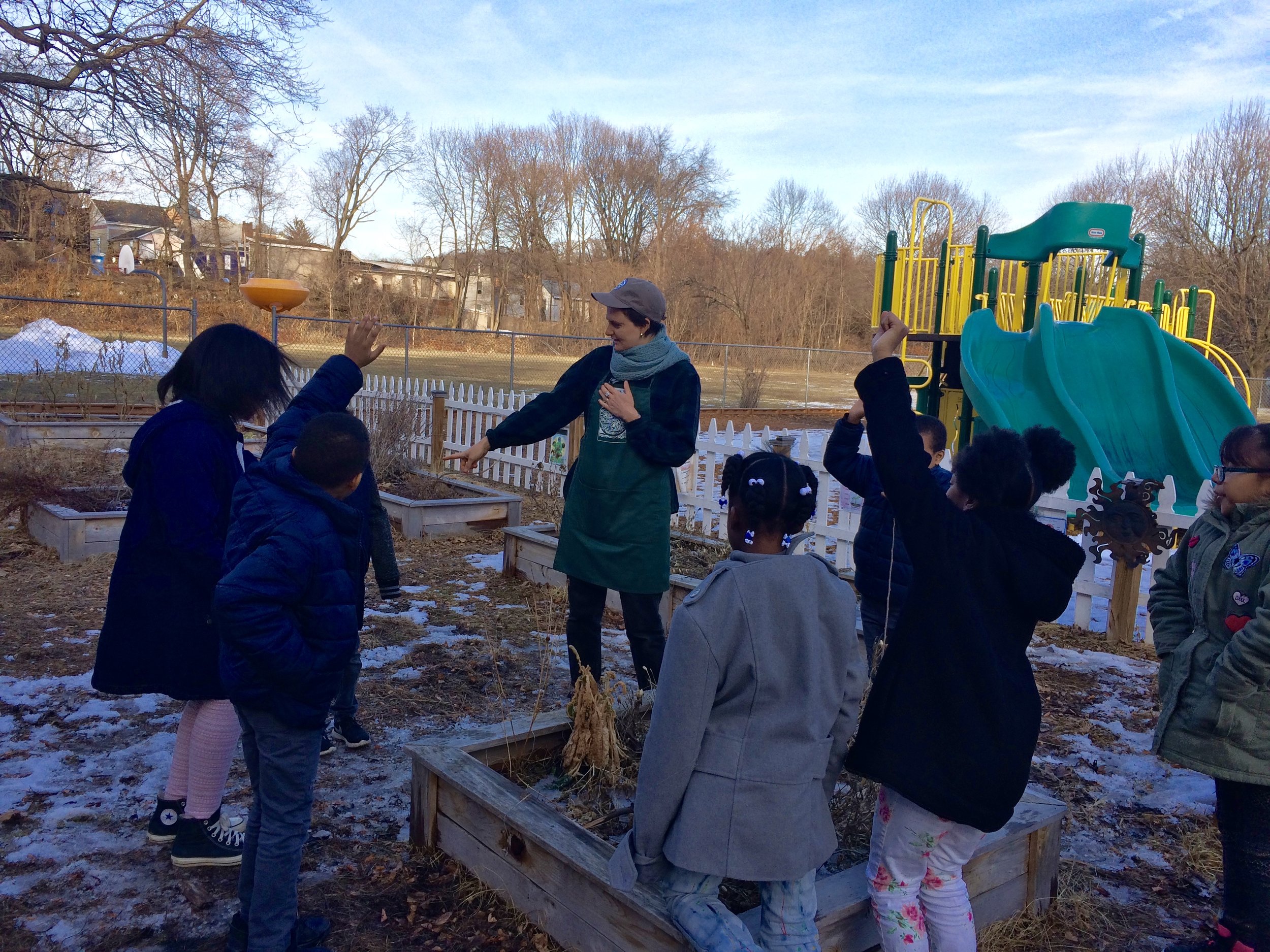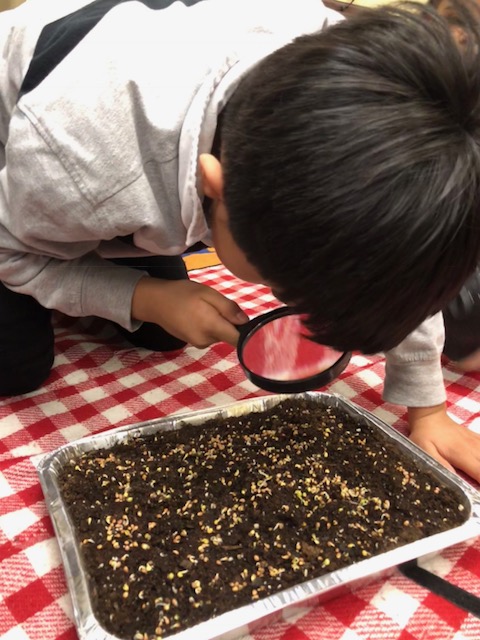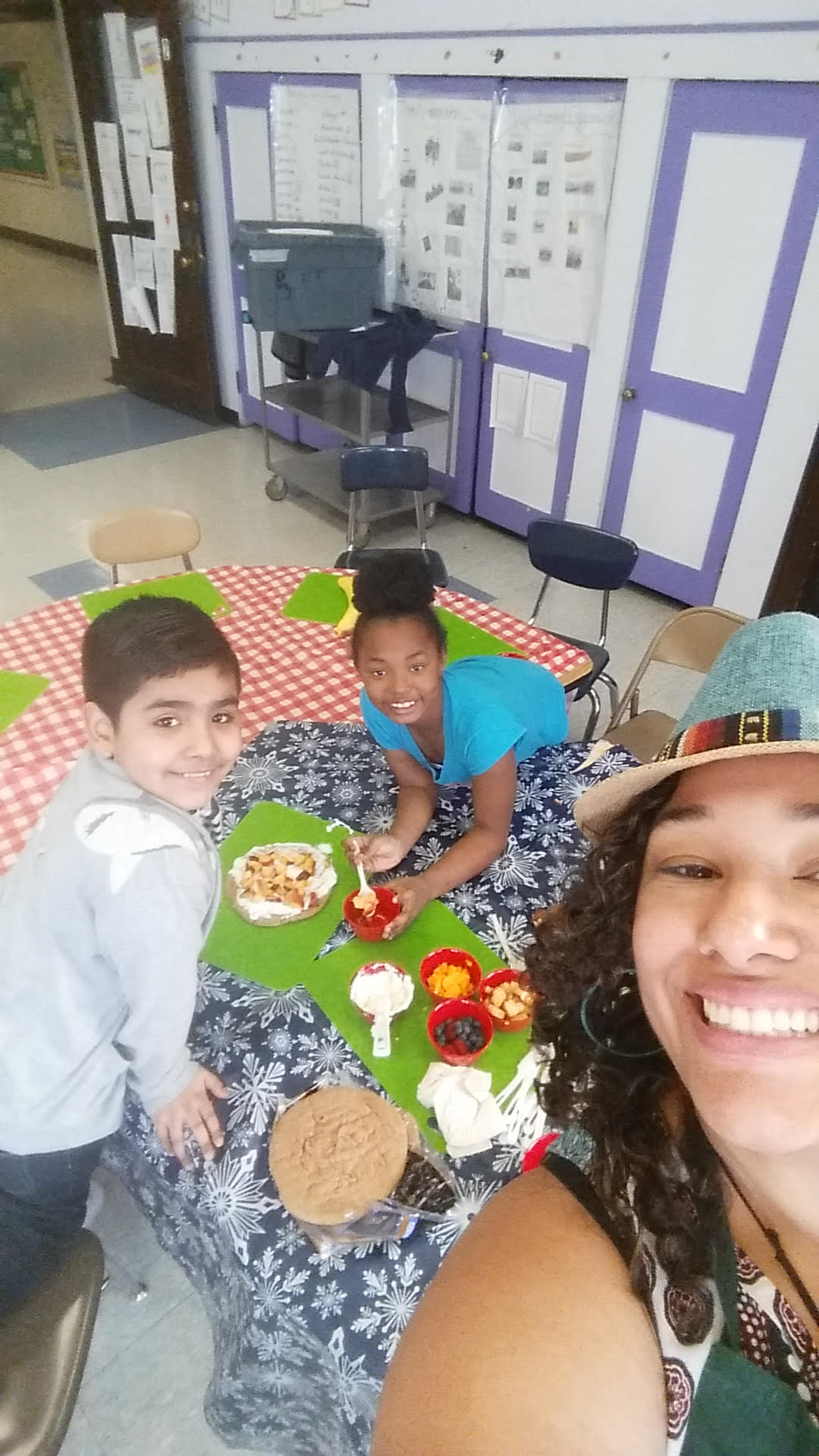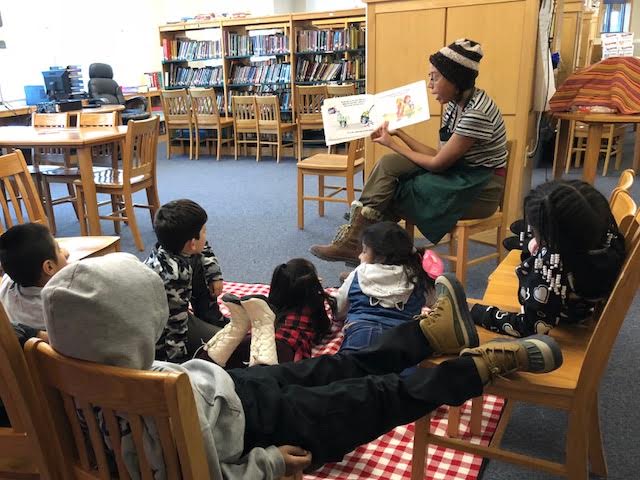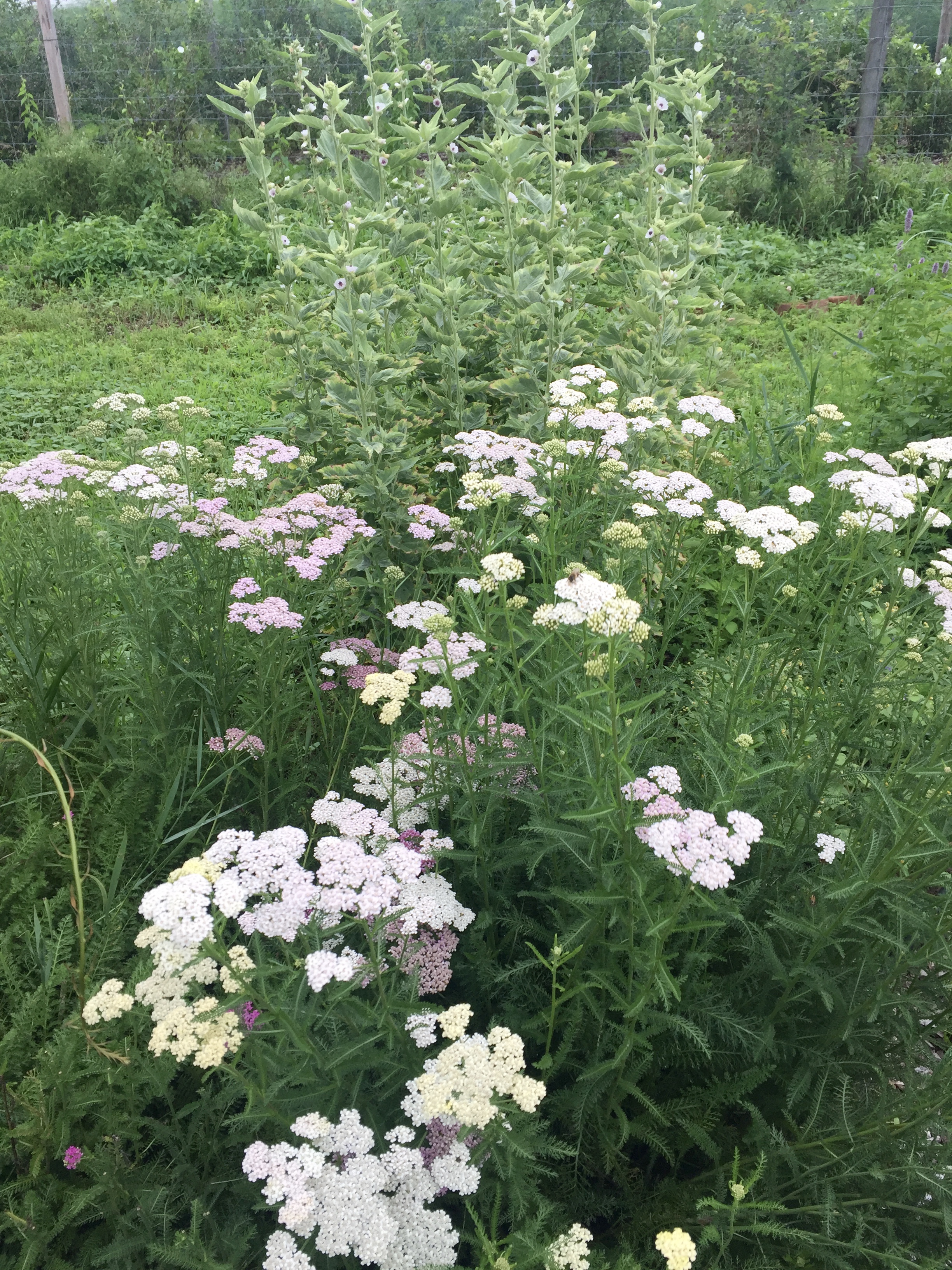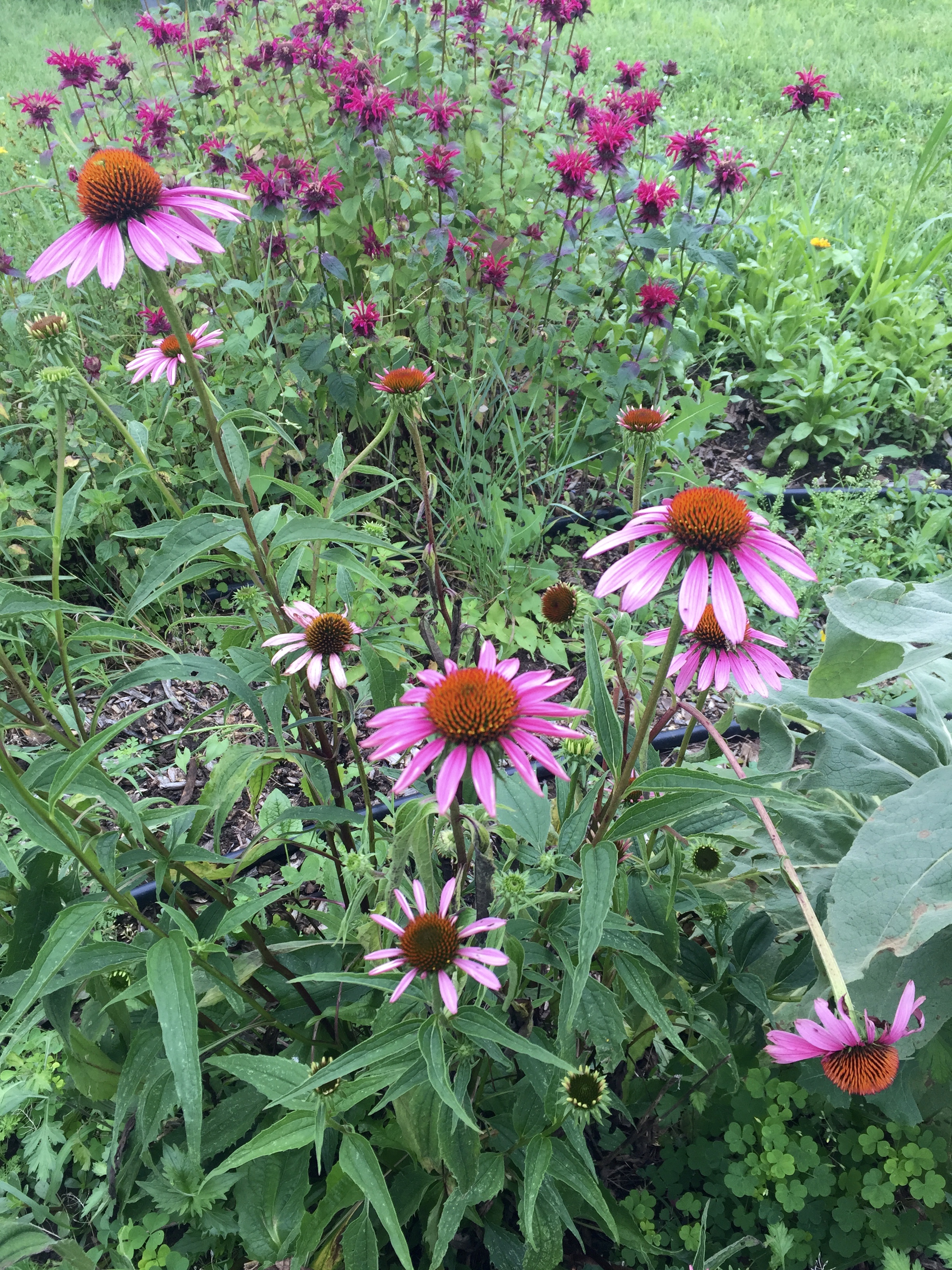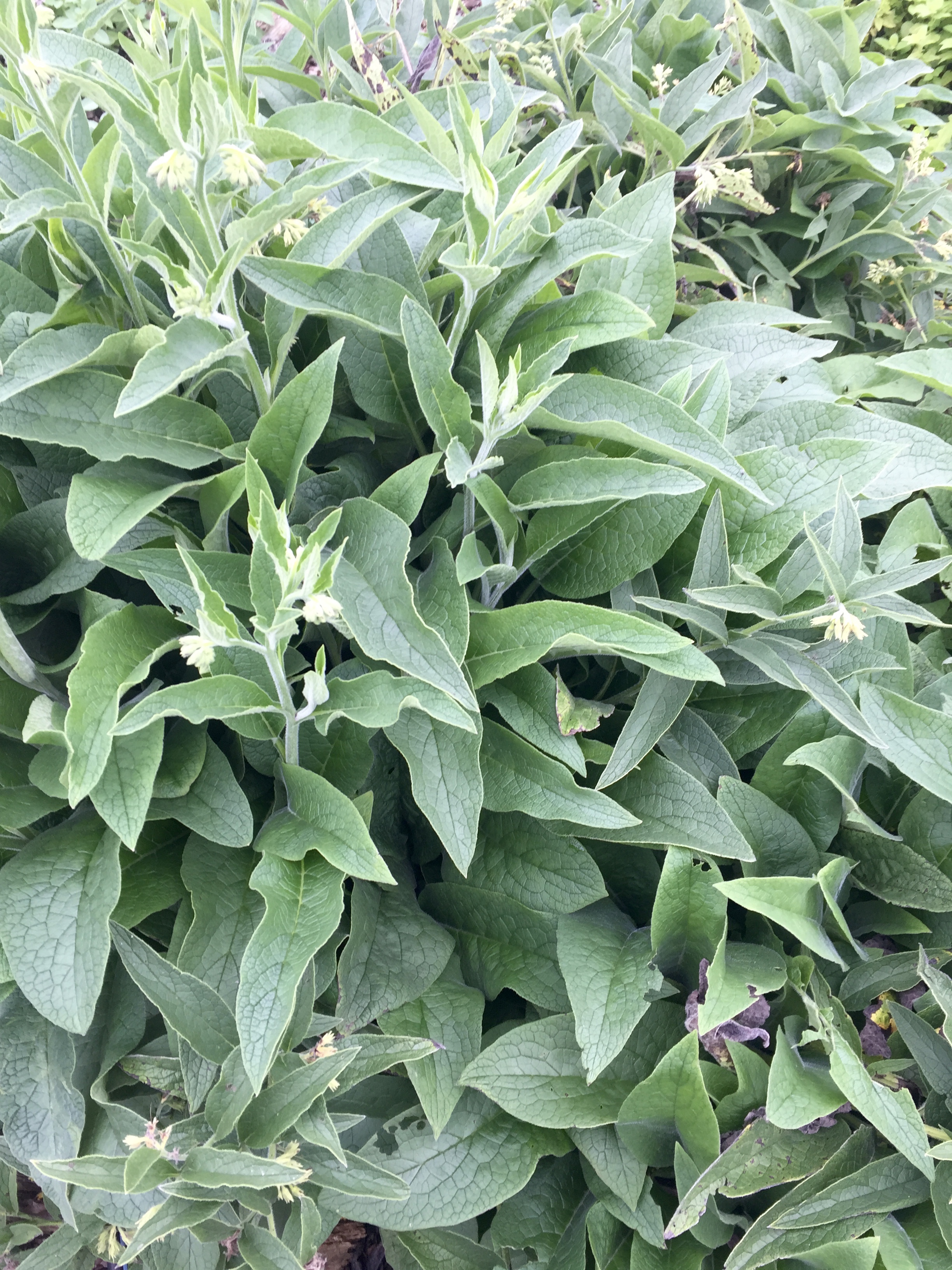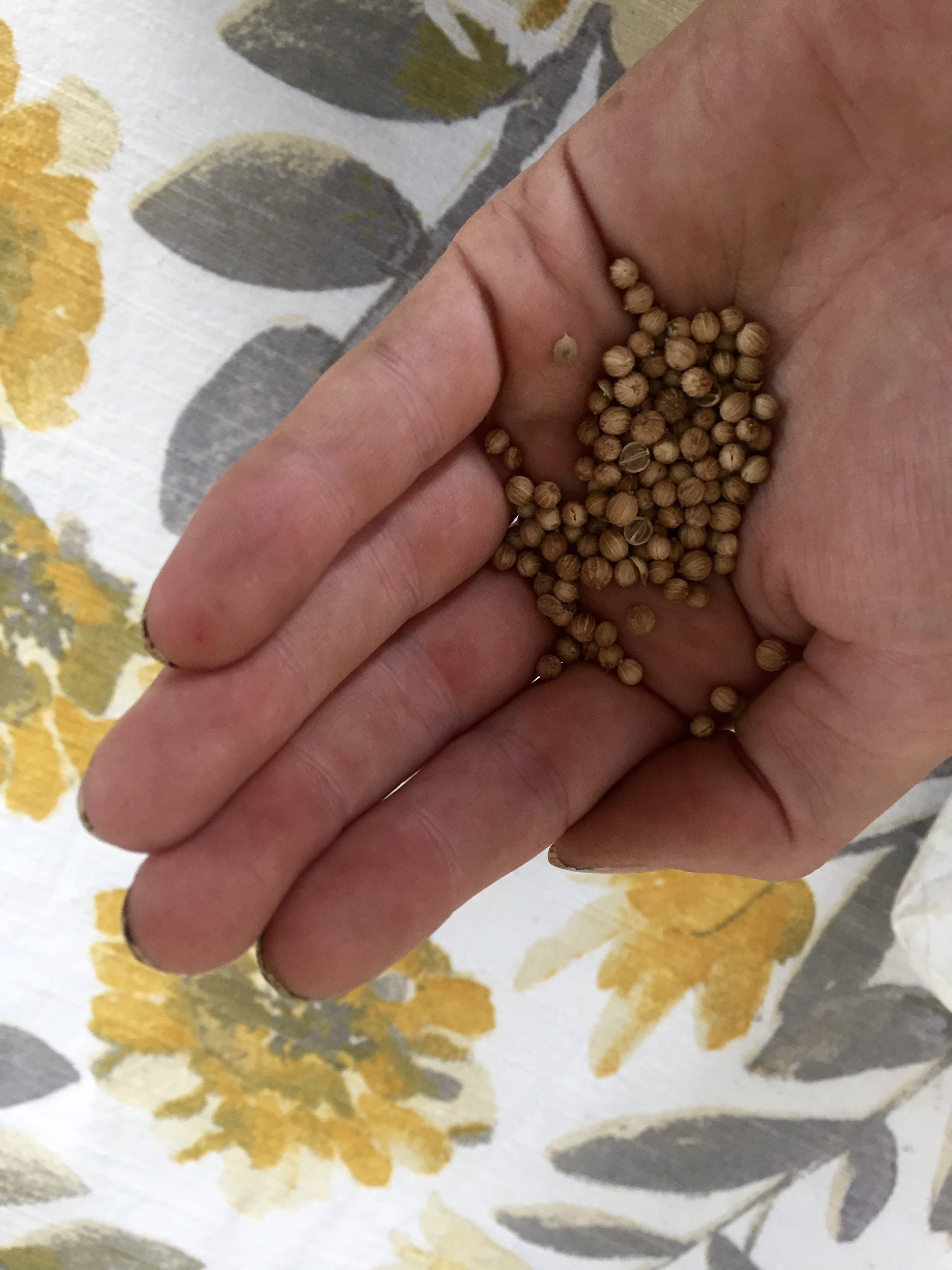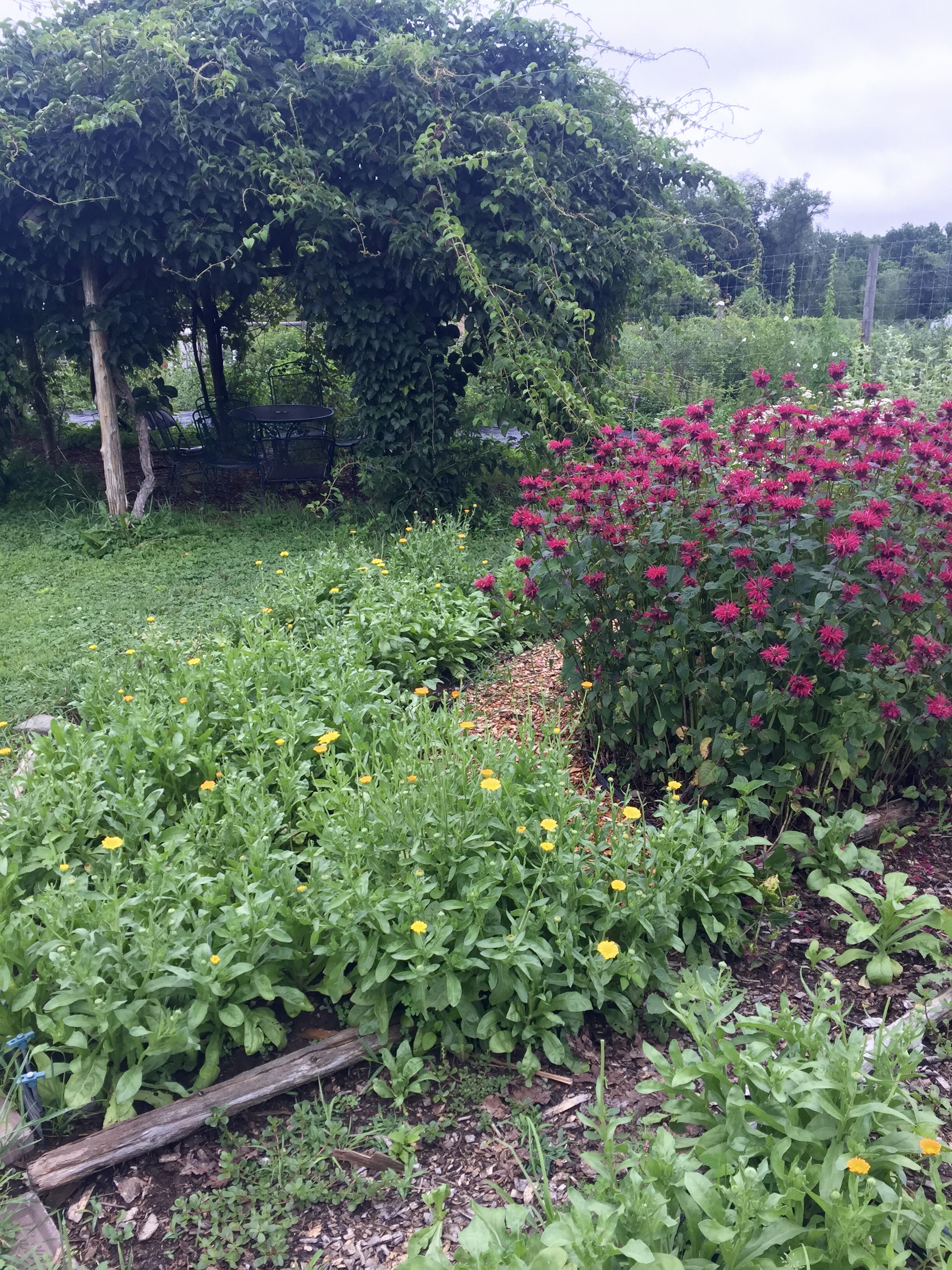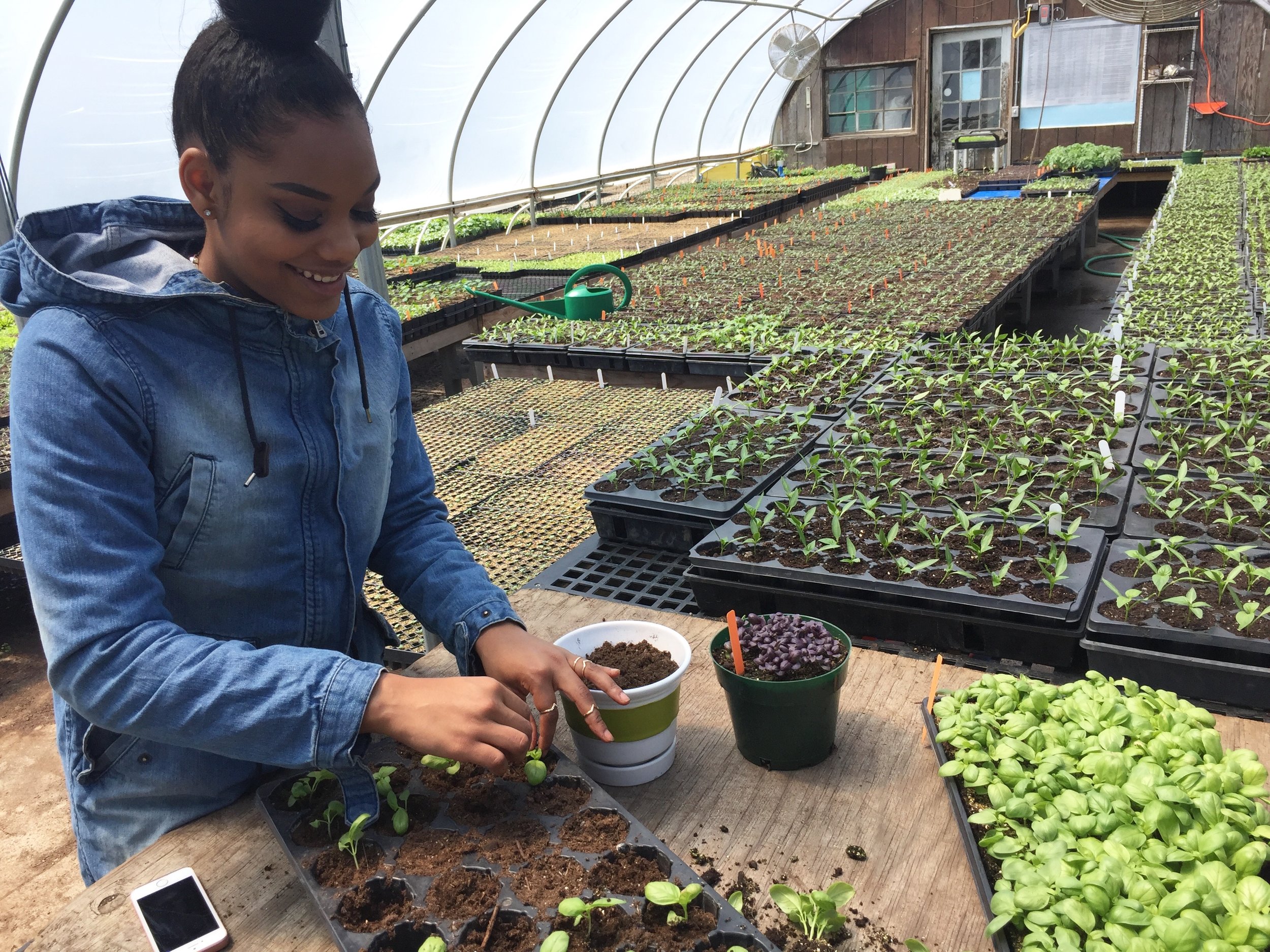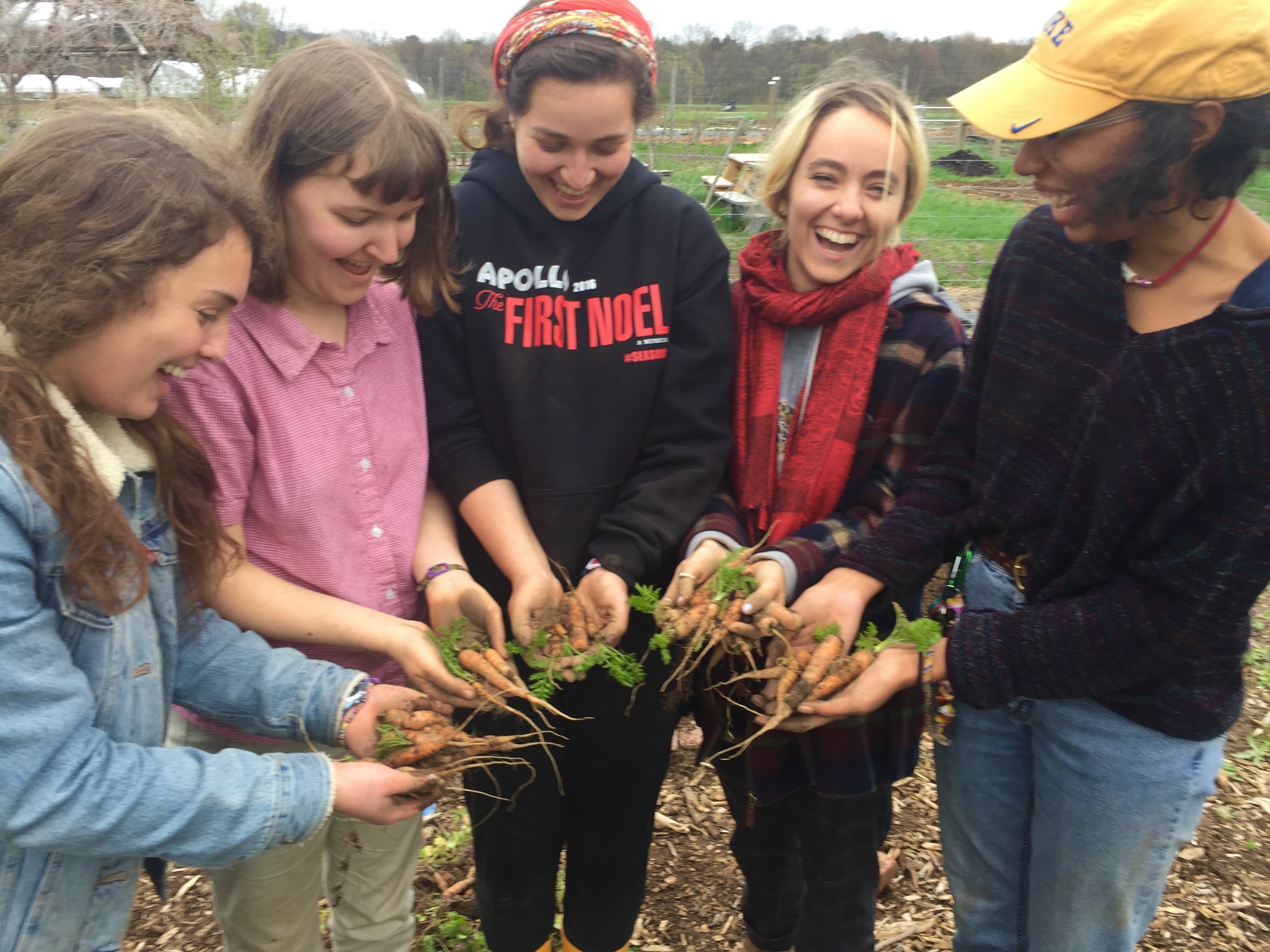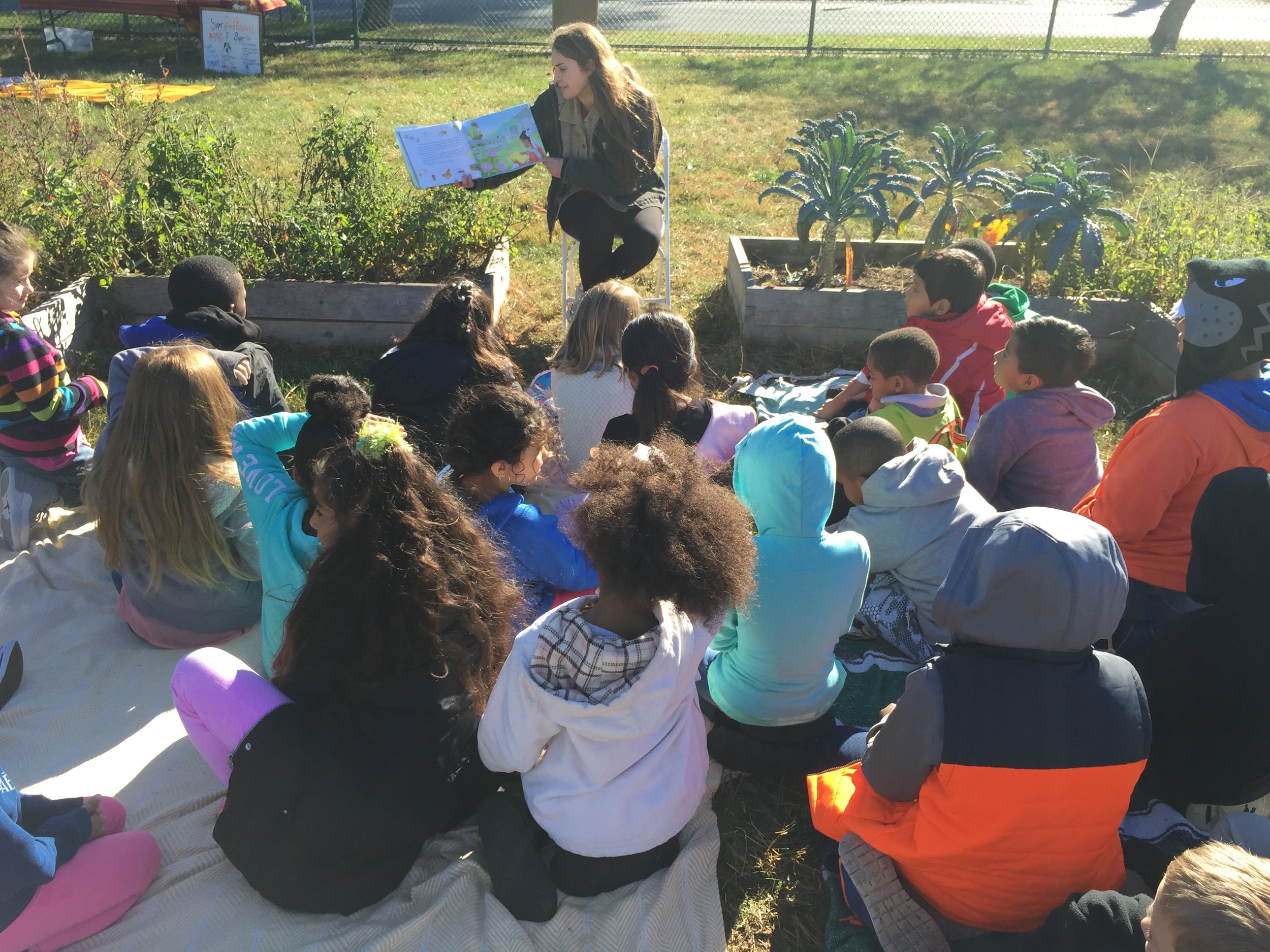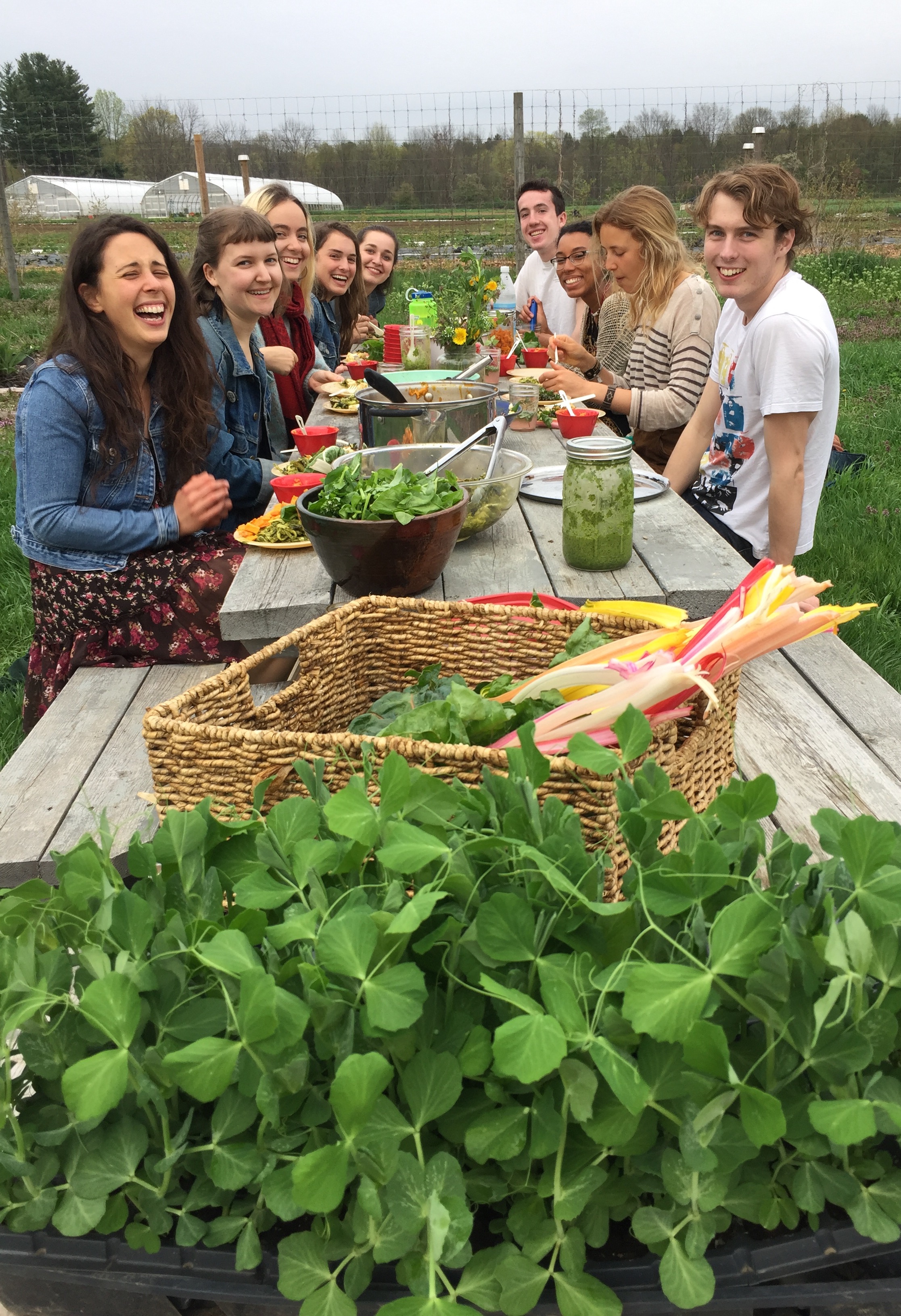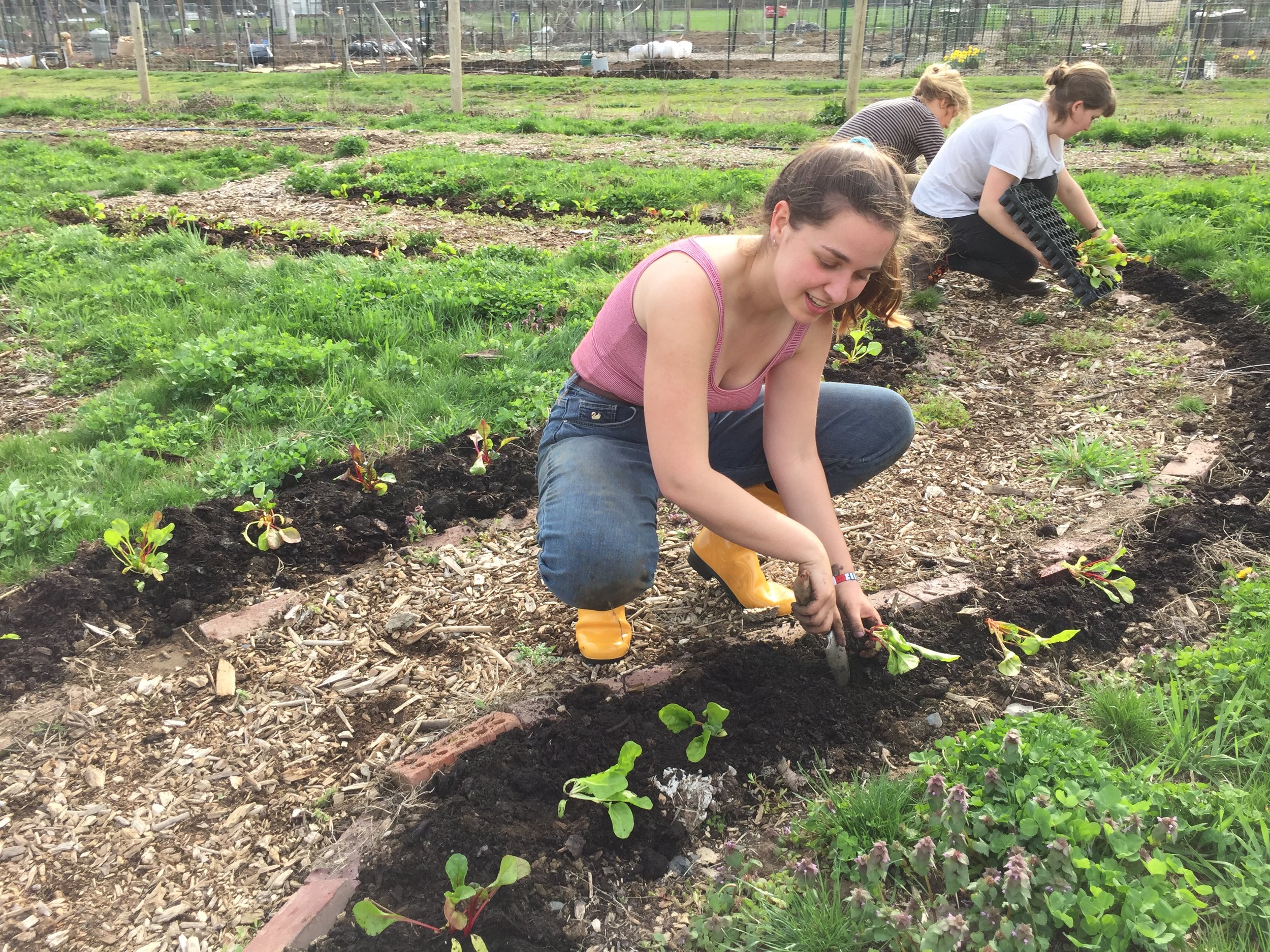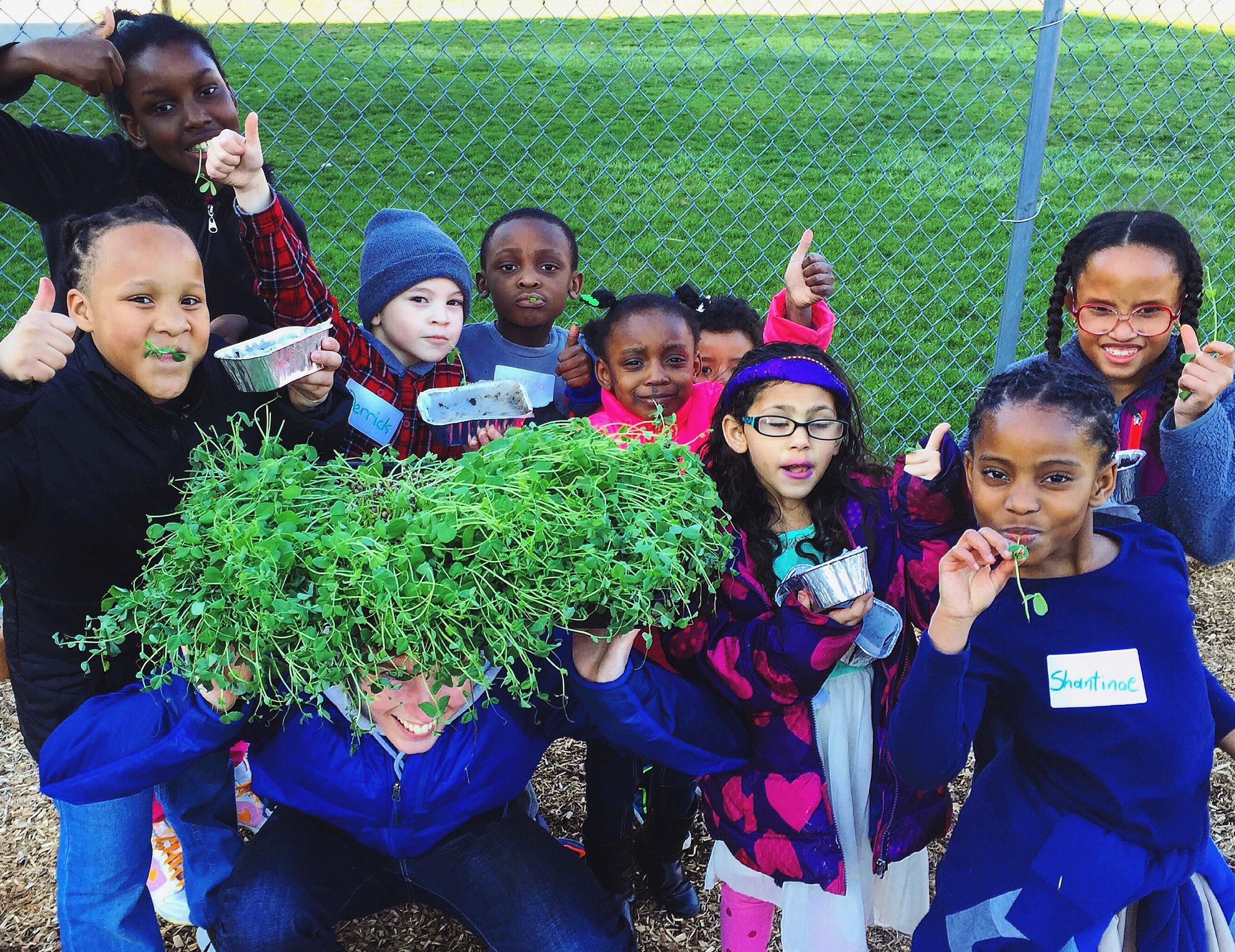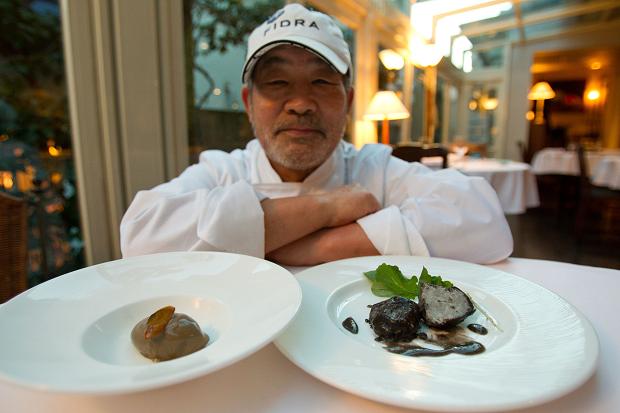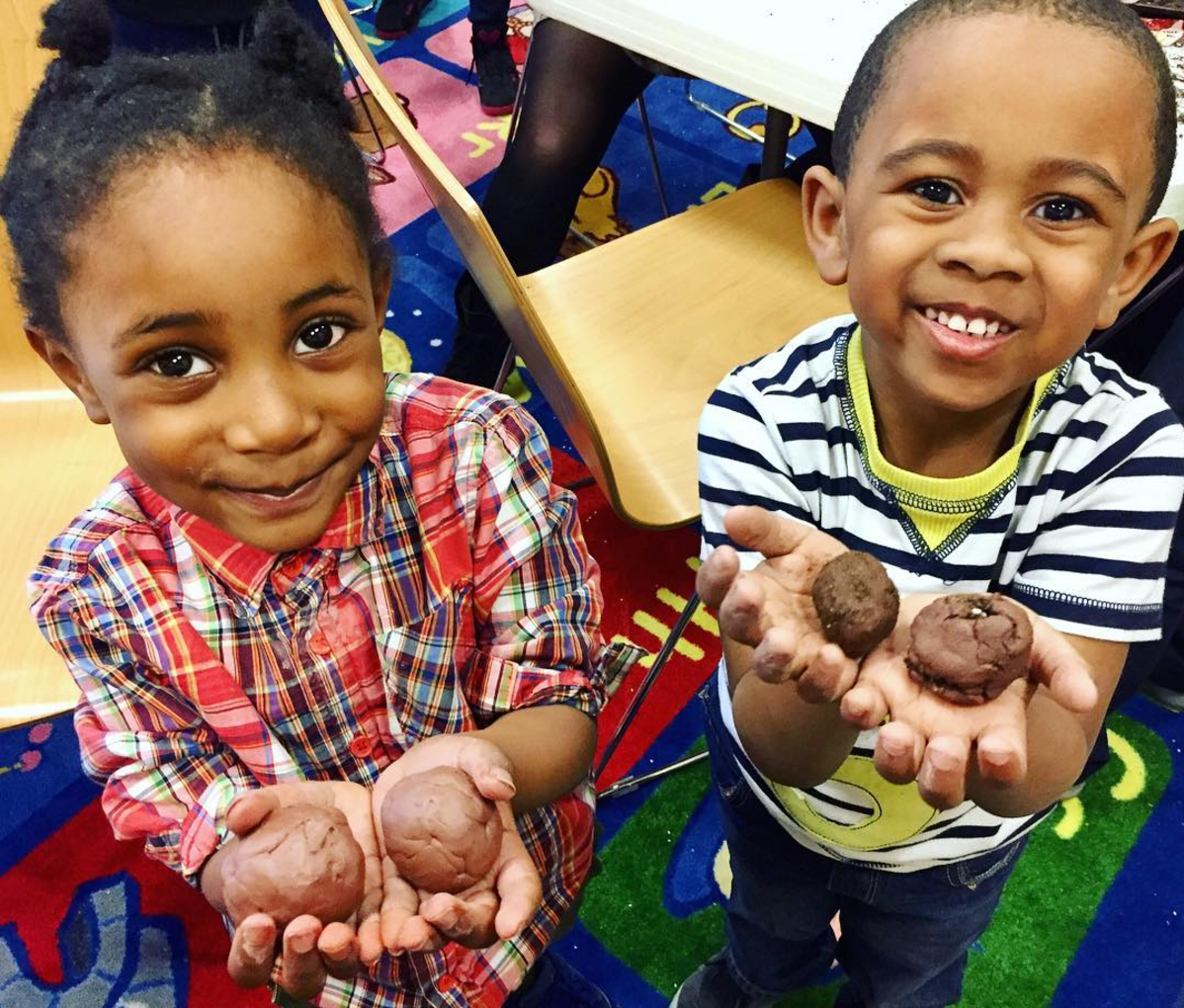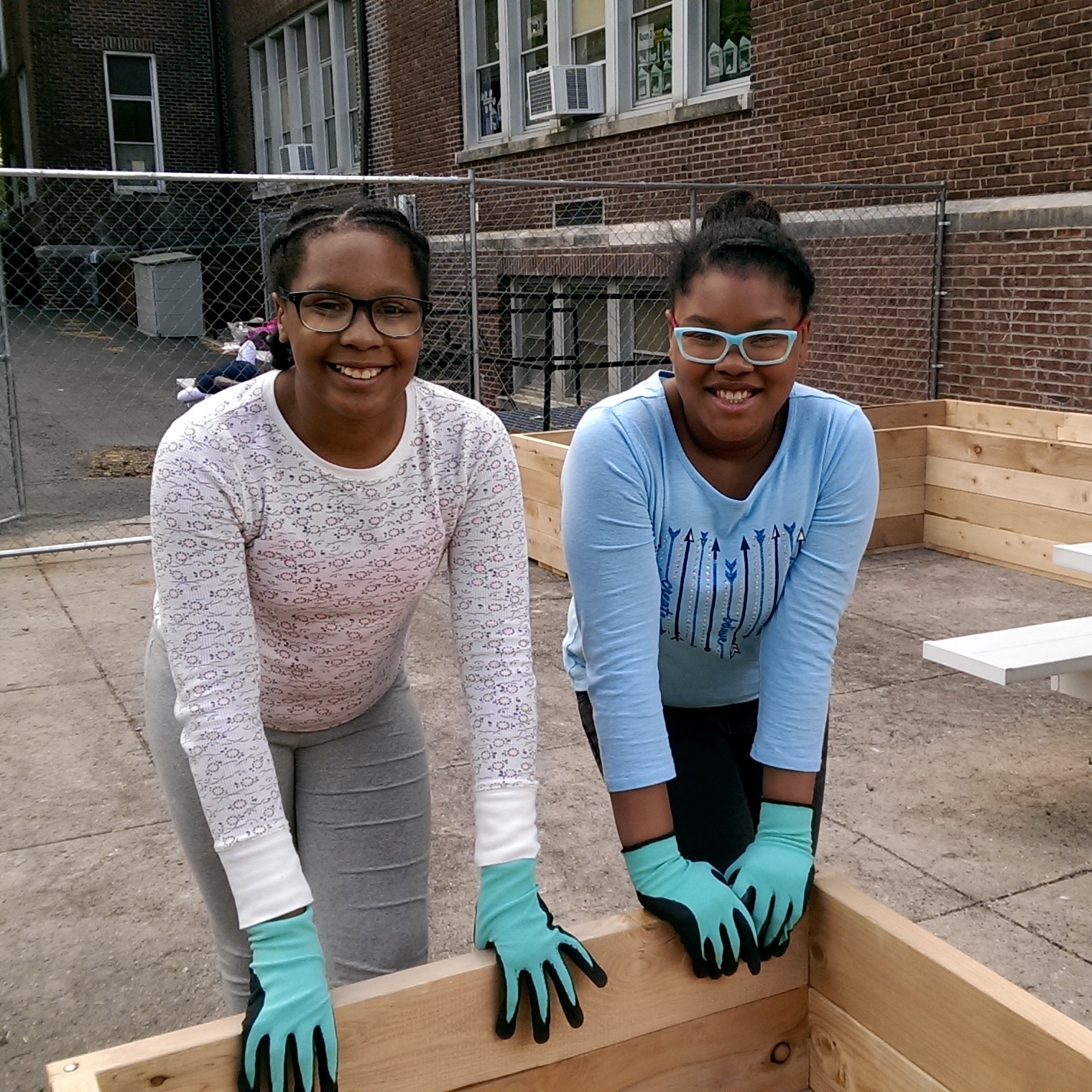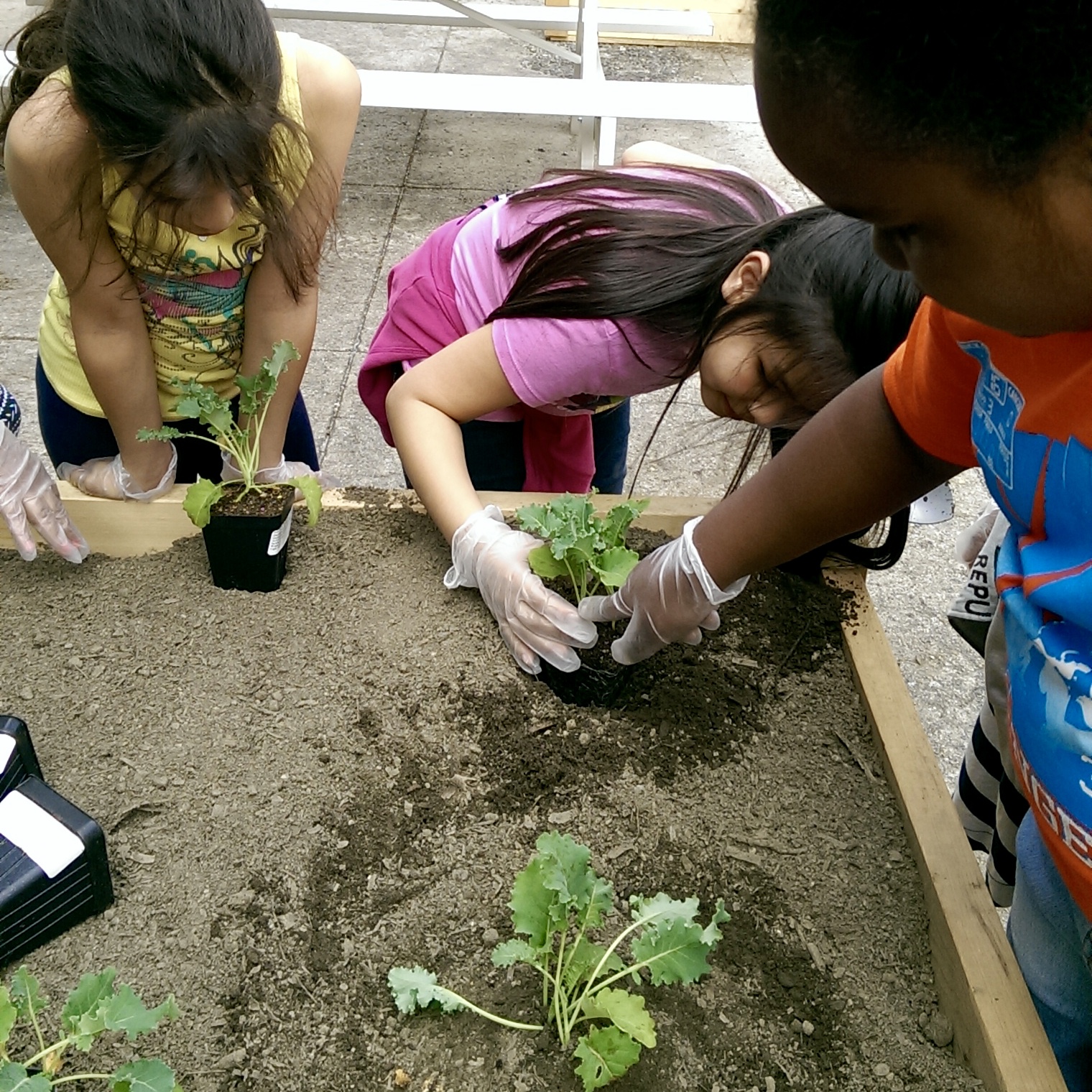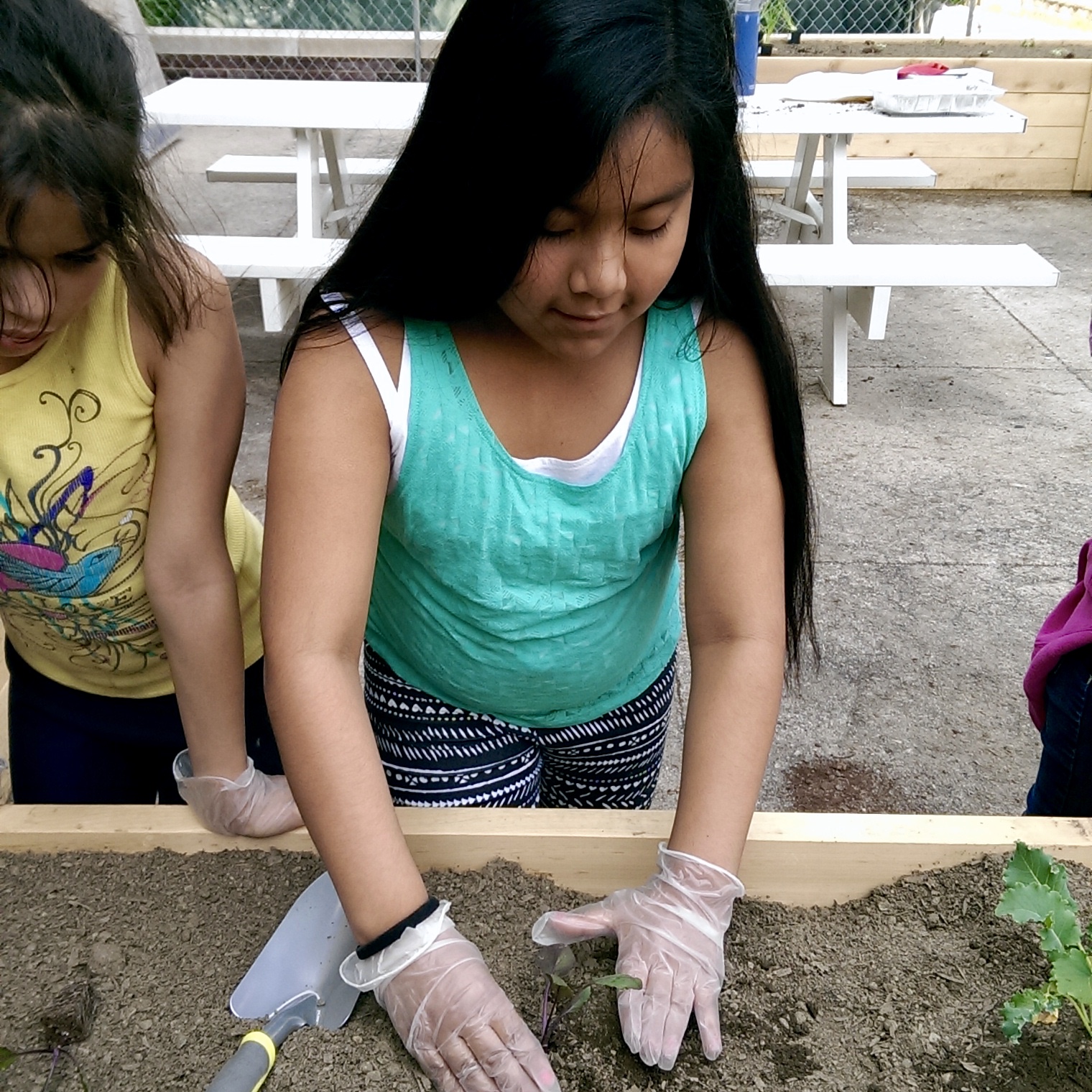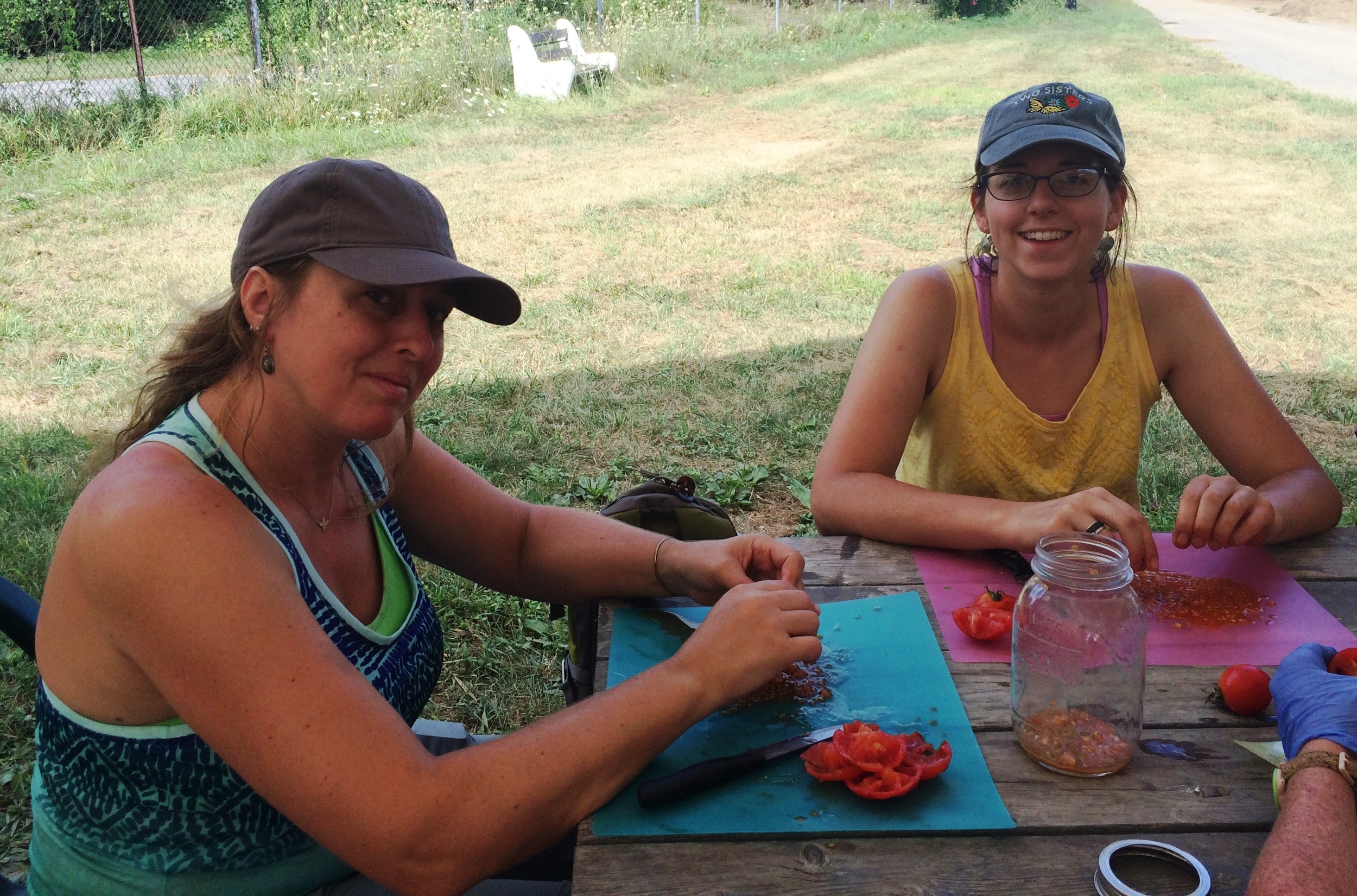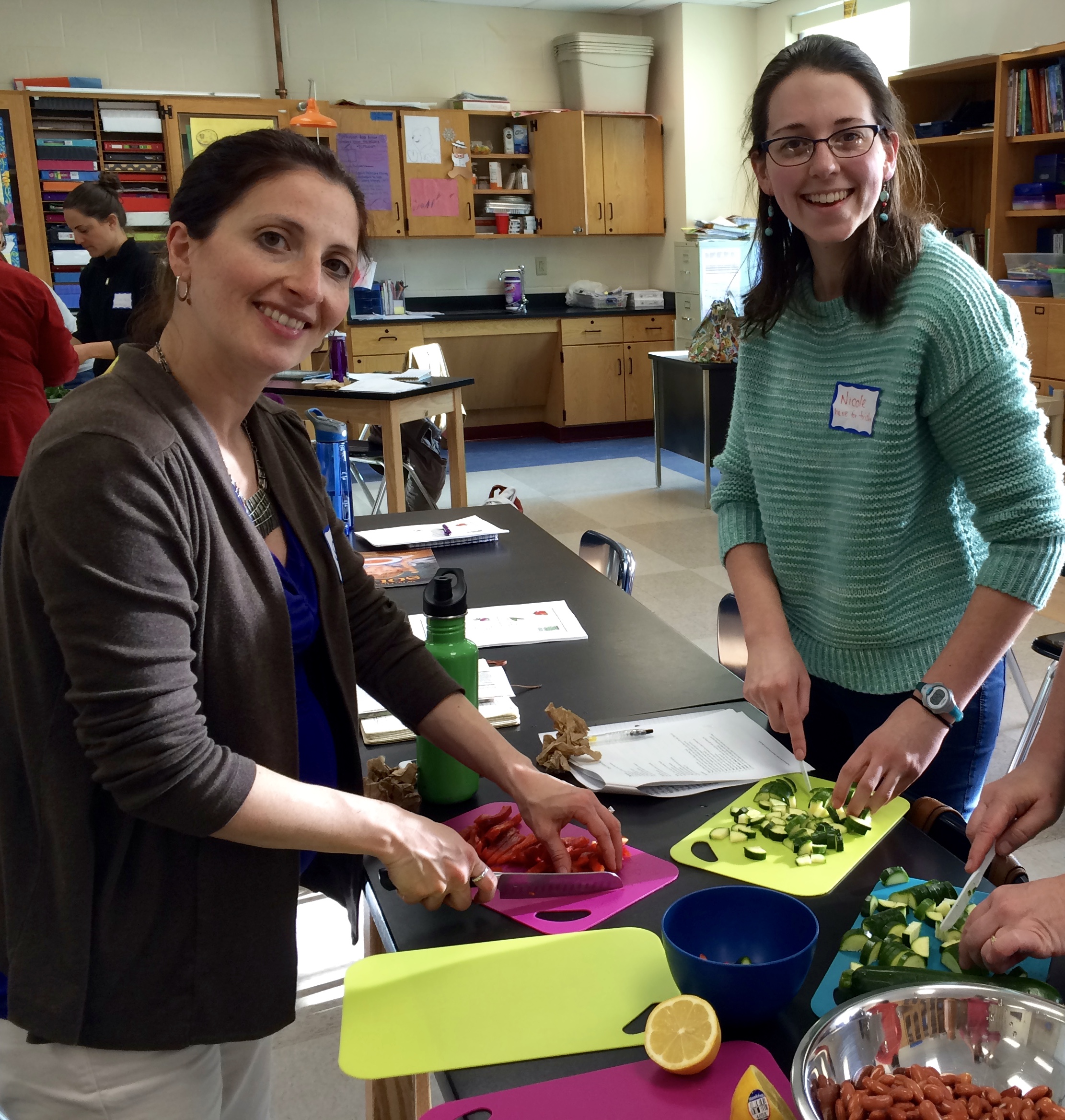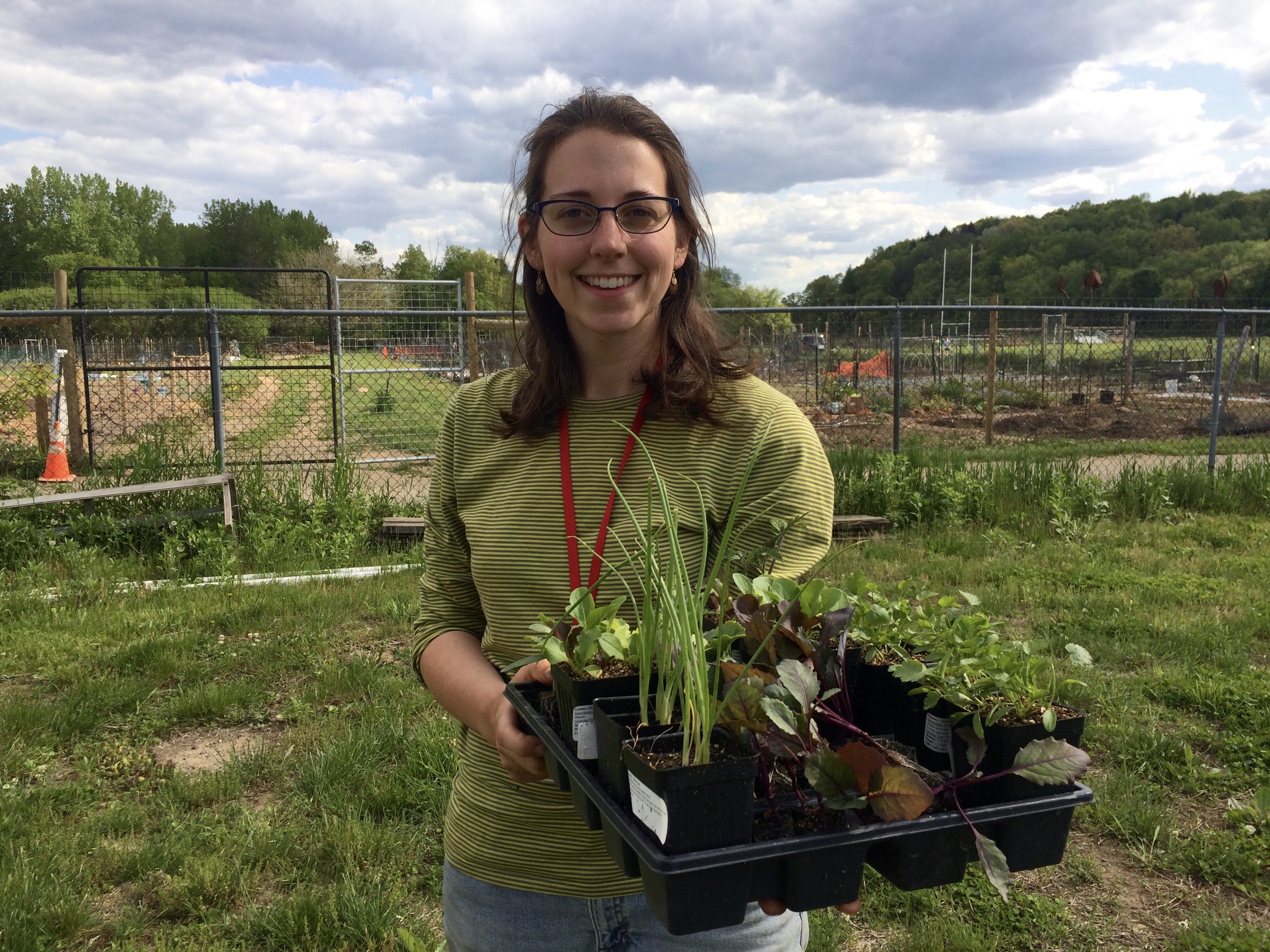Poughkeepsie Farm Project is running after-school programming at six schools in the Poughkeepsie City School District as a partner on their Empire State Extended Learning Time grant and with support from the Department of Environmental Conservation.
Twice per week at six schools, PFP educators engage students in garden-based learning in all subject areas through hands-on gardening and food activities. While caring for their school gardens, students conduct, science experiments, explore plant life cycles, write poetry, observe insects, prepare healthy snacks, design inventions, read and discuss literature, create art, and improve their academic and leadership skills.
If you have a student who attends PCSD who would like to take part, please download the form below and return to your child’s school or to Poughkeepsie Farm Project, PO BOX 3143, Poughkeepsie, NY 12603. To register elementary students, please fill out the form below. Forms for Middle an High School students are coming soon. Please call or text 845-475-2734 to arrange to drop off forms at Poughkeepsie Farm Project’s office.
Program Registration Form (all elementary schools)
Poughkeepsie Farm Project’s Elementary and Middle School Programs
Poughkeepsie Food Power is the perfect place for your child to increase their academic and leadership skills in a nurturing environment. Through children’s literature and group projects, Poughkeepsie Food Power builds social-emotional skills which support school and life success. Students will build skills in all subject areas through hands-on gardening and food activities. While caring for their school garden, students conduct science experiments, explore plant life-cycles, write poetry, observe insects, prepare healthy snacks, design inventions, create art, and read and discuss high-quality children’s literature.
Poughkeepsie Farm Project’s High School Internship
Would you like to help care for your school garden, learn to cook healthy meals, and participate in fun team-building activities? Join the Poughkeepsie Food Power Internship at Poughkeepsie High School.
Gain culinary skills while preparing delicious meals with garden produce
Build leadership and relationship skills
Explore career and growth opportunities in the food sector.
Become active members of our local food system and work to create justice, equity, and power for all eaters.
Here are some highlights from Our After-School Programs:
